By Cynthia ChungThe following is the transcript of Part 1 of a three part lecture series I delivered to the Rising Tide Foundation on the sci-fi trilogy by C.S. Lewis. In this first installment, I focus on a comparison between C.S. Lewis’ “Out of the Silent Planet” and H.G. Wells’ “The First Men in the Moon” sci-fi novels. 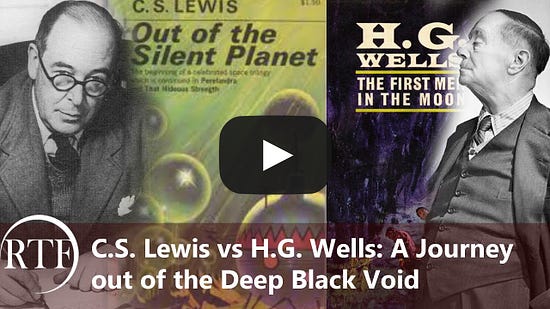 For those who are unaware, Lewis wrote a three-part sci-fi series in response to Wells sci-fi novels and the rising transhumanist ideology. As you can see the timing of C.S. Lewis’ sci-fi trilogy is within the timeframe of the publications of Huxley’s Brave New World (published in 1932) and George Orwell’s “1984” (published in 1949). The world was clearly entering into an increasingly dystopic disposition, in both reality and fantasy, for what lay ahead in the future. And Lewis was very insightful as to how this was being engineered by such writers as Wells and Huxley (for more on this refer here and here). It is clear that Lewis’ “Out of the Silent Planet” was a response to H.G. Wells’ “The First Men In the Moon” (published in 1901) where Lewis refers to H.G. Wells several times in his “Out of the Silent Planet,” and has a note at the very start of the book acknowledging that he is fully aware that his story will “borrow” from the work of H.G. Wells, as will become evident in this lecture. Lewis also directly mentions the scientist (Cavor) in Wells’ “The First Men In the Moon” in his own novel “Out of the Silent Planet.” As we will see, Lewis’ character Weston is modelled off of Wells’ character Cavor. H.G. Wells drew much upon the work of Jules Verne, and likely had also read Kepler’s Somnium, the first fictional work on “Outer Space,” and Christiaan Huygens’s Cosmotheoros, which I believe is the first work of fiction on inhabitants of other planets, in other words, aliens. However, despite Wells being heavily influenced by such works, he differed in one particularly striking way. His approach to science fiction about “Outer Space” started the gendre of regarding “Outer Space” as a dark abyss, a black void of nothingness. The universe was depicted as cold, detached, and in the midst of death. Though it is really common today to think this way, this viewpoint really became popular as a consequence of the Enlightenment. Before that, what we now call “Outer Space” was in fact known for millennia and likely since the dawn of civilization as “the Heavens.” Thus, it is only until relatively recently that we have regarded the Heavens as “empty space”. This “empty space” became a so-called fact with the advent of the “modern sciences”. Whether deterministic or random in view, the goal of 20th century modern science was the same, to promote a concept of the Universe that had no governing purpose, no directionality and no morality, that it was essentially a mechanism, discoverable by a few simple mathematical laws. With such a view our connection to the Universe becomes inconsequential, with the Universe seen as something cold, unknowable and ultimately dead or dying. Such a concept only further enforces that there is no real meaning to anything, there is no purpose, at least, it is not a purpose that we have any place in. I know there are a lot of fans of H.G. Wells out there. But what they need to understand is that his work on fiction was never meant for just “entertainment,” it was always ultimately for the purpose of pushing forward a certain ideology/philosophy. C.S. Lewis understood this, and this is precisely what he was intervening on with his “That Hideous Strength” series. Lewis could see that this view of the universe and thus the purpose and nature of humankind within such a universe would only lead us towards a scientific dictatorship which he astutely predicts and describes in part 3. What gave Lewis the power of insight into this was his method of reason, specifically his use of the Platonic Method. This is observed within the C.S. Lewis sci-fi series in how the characters engage in dialogue. Lewis also mentions the Platonists by name in “Out of the Silent Planet.” Lewis was president of the Oxford Socratic Club from 1942 until 1954 when he left to teach at Cambridge. The Oxford Socratic Club was to follow the practice of Socrates to “follow the argument wherever it led them”. Since much of what we hold as opinion can be held up by false beliefs, assumptions or axioms, by following an argument all the way through, absurdities and inconsistencies will reveal themselves and thus a closer approach to truth can be found by recognising what does not partake in truth. Lewis had gained a reputation of being a champion debater and used the Socratic method especially in debates with atheists who claimed a similar view to that of the camp of H.G. Wells and Bertrand Russell. Thus, Lewis' use of Plato is absolutely essential, and should not be discussed on the sidelines as it all too often is discussed if mentioned at all. The study of Plato was a central component to Lewis’ approach to philosophy and reason. [For more on Plato refer here and here.] So what exactly is the problem with H.G. Wells? Below is an excerpt from “The Science of Life” which Wells co-wrote with Julian Huxley (Aldous’ brother): T.H. Huxley (Darwin’s bulldog) was Wells’ mentor. With the advent of Darwinism, to which T.H. Huxley promoted ruthlessly, one cannot deny two major changes that occurred in the “modern sciences” as a result of T.H. Huxley’s avid promotion of Darwin’s theory of evolution, that 1) Nature, and thus one could say the Universe, was not governed by purpose but rather by randomness, and that 2) Man was but a beast, no longer to be among the Children of God, no longer regarded as partaking in anything that was divine or sacred. It was not a far step to further pose, and if Man is but a beast what does he care for higher truths? What more does a beast need than the simple forms of comfort and happiness? H.G. Wells wrote a trilogy of scientific and philosophical treatises to which he self-termed as the “new Bible”. He explicitly states this in his “Open Conspiracy: Blueprints for a World Revolution.” One of the books included in this new bible trilogy was “The Science of Life” which he co-wrote with Julian Huxley. Julian Huxley among many things, was the originator of the term transhumanism and also served as the Vice President of the British Eugenics Society from 1937-1944 and its President from 1959-1962. And not coincidentally the subjects of eugenics and transhumanism are addressed in Lewis’ third installment of his sci-fi trilogy, “That Hideous Strength.” Here are a few more disturbing excerpts from Wells’ non-fiction work: All of these works by Wells were completed by the time Lewis wrote his sci-fi trilogy. T.H. Huxley and Julian Huxley were not the only Huxleys Wells would have contact with. He would also be relatively close to Aldous Huxley and as we will come to see in “The First Men In The Moon,” there is a great deal of similarity and overlap with that of Huxley’s Brave New World (1932), which was clearly never conceptualised by Huxley himself but rather was heavily drawn from the “The First Men in the Moon” and other works by Wells, as well as Bertrand Russell’s “The Scientific Outlook” (1931), for which Russell even contemplated charging Aldous with plagiarism. If you want to learn more about this you can refer to two of my papers which you can find on my substack, titled “Who Will Be Brave in Huxley's New World: The War on Science and the 20th Century Descent of Man” and “Why H.G. Wells’ ‘The Shape of Things to Come’ Has Arrived Today”. The following are excerpts from Wells’ “The First Men in the Moon”: The theme of “Outer Space” being a deep black void is repeated throughout the novel. In Wells’ “The First Men in the Moon” there are two main characters, Mr. Bedford and Mr. Cavor, which I find are rather like two alter-ego versions of H.G. Wells himself. Mr. Bedford has run up a lot of debt from his gambling and gets it into his mind that he is going to write a famous literary work and he is going to make a lot of money. As Mr. Bedford is struggling to write his opus, his sees his neighbour walking very eccentrically outside of his home and they start talking with each other. Mr. Cavor is a scientist and he has come up with this idea of an anti-gravity material which doesn’t make any sense the way H.G. Wells explains it in the novel (none of the science in “The First Men in the Moon” makes any sense), but needless to say he ends up inventing this material that induces anti-gravity. When they first succeed in creating this material, Mr. Bedford starts to also get really excited in this plan because he is interested in the money-making aspect of it. There is a huge explosion when the experiment is finally deemed a success and it causes massive damage to the whole surrounding region, spanning for miles. People could have been killed as a result but we never know since Bedford and Cavor never bother to find out nor seem too concerned. As for the workers in the facility Cavor was doing the experiment in, he responds “If they have perished, it is no great loss, If they have not perished, I doubt if they have the intelligence to explain the affair.” Below is an excerpt of a dialogue between Bedford and Cavor in their reaction to the experiment. The narrator is Bedford. “If we can possibly avoid wrecking this little planet of ours, we will. But - there must be risks!” All throughout the book there are things like this being said almost as if it’s being done with a critical tone by the author but when you ultimately finish the book this disposition of Cavor’s, that the ends justifies the means, is pretty much reaffirmed in the end. Throughout the book the disposition is not whether such courses of action that could cause great harm and destruction should or should not be done, but rather is framed from a “choice” of Unpleasantry Type A vs Unpleasantry Type B and weighing which unpleasantry be pushed onto society for the “benefit” of the whole. After this discovery of anti-gravity material, Cavor is somehow able to build a spaceship with this anti-gravity material and Bedford and Cavor take off in this spaceship and land on the Moon. After a few hours on the Moon Bedford and Cavor become hungry (apparently they did not think to pack any food for their Space voyage) and become intoxicated by fungi they eat on the Moon. They wake up in chains, imprisoned by an alien race on the Moon, described as insect-like. In the following excerpt Bedford is describing Cavor: We are seeing a bit of a theme here: “You want to do the experiment for the sake of the experiment” no matter what are the risks and it’s not even about utility in this case that is being pushed forward, it’s simply the need to know even if it could lead to the death of the entire human race. Ultimately, Bedford is able to escape from the aliens and somehow is able to navigate the spaceship back to Earth. Separated during their escape, they both assume the other is dead. Cavor, who is injured, is brought further into the ant colony. As he suspected the first sub-species type he encountered during their imprisonment was a dumber sub-species that are in the domain of police/guards of the ant colony. Wells has Cavor conclude that this alien Moon species is the most superior form of community organization, modelled off of the ant colony. Whereby each sub-specie type displays the physical and mental attributes best suitable to their specialised narrow tasks in serving the ant community. Cavor concludes that they are far superior in ever way to humankind. He goes on to explain why he thinks this: Wells is describing a society where you can basically, from a young age, you see what field of thinking the individual excels in and you in turn only feed that narrow field in terms of learning such that that part of the brain will grow larger and larger until it takes up all the rest of the parts of the brain, so that the individual is not even concerned with anything else now but their specialization. This is regarded as a beautiful thing by Cavor, and I think it is safe to say by Wells himself. H.G. Wells appears very fond of the idea of equating head size with intelligence and thus we see the most intelligent members of the ant colony with bulbous heads, the smarter the ant, the larger the head...“wabbling jellies of knowledge”… This was Wells' dream for what could form a stable peaceful organizational system for humans, it was what inspired the work of Aldous Huxley in his “Brave New World” and his biological hierarchy or biological caste system created in a lab to produce Epsilons, Deltas, Betas, Alphas, Alpha+s and the about 13 or so World Controllers…likely imagined with bulbous heads. Cavor goes on to explain how the structure of this alien ant society is set up: Wells is basically describing a computer hive of information in the form of an ant colony, which would influence his concept for a World Brain. Cavor goes on to say: Again, very typical of the H.G. Wells, whereby he acknowledges that such “educational methods” mixed with biologically engineering its subjects sounds horrifying, but in the end, he asks us, isn’t this ultimately a more humane course of action? Wells goes on to write that when these lowers workers, these Delta types (using the lingo from Huxley’s “Brave New World”), are no longer needed in their employment of labour, you can simply put them on opiates and they go into a sort of hibernation slumber. You can awake them again once you need their labour, but if not, you can just leave them sort of tucked away in a storage container until you have use of their labour again. Again, it is quite clear, that Huxley has been greatly influenced by Wells’ work. Wells ends “The First Men in the Moon” writing: What has likely happened by the end of “The First Men in the Moon” is that Cavor was ultimately killed by this alien Moon species. Cavor is questioned by the biggest head, the Grand Lunar, about things on Earth and it is quickly ascertained that Cavor is describing Earth ultimately as a very unfriendly place that could pose a threat to this Moon species and that Cavor is the only one of his race who knows how to build a spaceship. Wells hints that Cavor was indeed killed by them. Now let us discuss C.S. Lewis’ “Out of the Silent Planet.” Ransom is the main character, who is modelled off of J.R.R. Tolkien, a close friend of Lewis. Ransom is a philologist and a don at Cambridge College. The other two primary characters are Devine and Weston. Weston is modelled off of the character Cavor from Wells’ “The First Men in the Moon.” And Devine is modelled off of Bedford. Devine and Ransom are schoolmates from Wedenshaw (made up school) and Cambridge peers, where Ransom did his best to avoid Devine. The story begins with Ransom in the midst of a walking tour. Ransom is trying to find a place to stay because all of the hotels are full, and he ends up coming across a house and speaking with this woman who is looking for her son who should have come home from his work by this late hour. Ransom ends up coming across Devine and Weston who he catches man-handling a mentally challenged boy. It turns out to be the son of the woman he just spoke to. Because Ransom recognises Devine, his schoolmate, he assumes the best of the awkward situation. Devine and Weston promptly change their attitude towards the boy and he is allowed to return home. Ransom who is still looking for a place to spend the night eagerly accepts Devine’s offer to stay with them. Devine, as any good host, offers some liquor to Ransom, however, it turns out it was drugged. Ransom is to be the replacement for whatever was planned with the boy. As Ransom is dozing off from his spiked drink he overhears Weston. ‘The boy was ideal,’ said Weston sulkily. ‘Incapable of serving humanity and only too likely to propagate idiocy. He was the sort of boy who in a civilised community would be automatically handed over to a state laboratory for experimental purposes.’ Weston, again modelled off of Wells’ Cavor, has constructed a spaceship and plans to travel to the planet Malacandra, which we find out is the true name of Mars. Weston and Devine are to travel there with Ransom as their captive. Ransom is not told the reason why but Weston reassures him, that if he knew the whole story he would be honored to have had the opportunity to play a part in this mission, albeit as a captive... Here are some thoughts structuring Weston’s philosophical viewpoint: There is a clear representation here of the clash between two different philosophical schools. Weston represents the philosophical outlook of the “modern sciences” and Ransom, a classically trained philologist, represents the classical school of history and culture/literature, to which Weston calls “trash” and not a “real” education. In other words, anything that is not considered a part of “objective” materialist reductionist science - an empirical science based off of sense-perception confirmations which are in turn based on experimentation (whether in a lab or mathematical), anything that does not fit into this category, according to this outlook of modern science, is largely considered irrelevant or fanciful. We then get to hear C.S. Lewis’s take on what is ultimately making up and governing the Universe: Once again, Lewis is showing a clear intervention to “The First Men in the Moon” where Wells describes “Space,” as an infinite “void” of darkness. In order for us to also avoid getting stuck in this sort of imagery, we will henceforward refer to “Space” by its rightful name, the Heavens. These are the true names of the planets within our Solar System according to Lewis’ fiction. Thulcandra is Earth and Perelandra (to which the second book in the series is titled, is Venus). In this story, C.S. Lewis uses the word Maleldil for God. The Oyarsa, which appear part-material and part-ethereal, are the guardians of the planets, each planet has one Oyarsa as its guardian. And then you have the Eldils, which are also part-material and part-ethereal and function as the messengers of the Oyarsa. As for the different species living on Malacandra, you have the Hrossa, the Sorn, and the Pfifltriggi as shown below: The Hrossa are the poets. the Sorn are more analytical/mathematical type and are encyclopedic in their knowledge and historical recording. The Pfifltriggi are the sculptors, tinkerers, inventors of things, they excel at mechanics and engineering. We find out that there is a universal language in Malacandra, and this lack of a universal language on Earth is one of the problems causing disharmony, which is that we have forgotten the old language called the Solar language. In other words, the old Solar language is the universal language spoken by all in our Solar System. C.S. Lewis stresses that though cultures and languages can differ amongst peoples living in the same world, it is important that there is a universal language that all can speak and understand, for through language we also gain a better understanding of how a culture of people think. We are all ultimately human and have equal access and experience of universals such as reason and love, however, it is also expressed and understood through a cultural framework. This is where understanding of others risks breaking down, when we are unable to understand another’s cultural framework, we risk misjudging or misunderstanding. In Part 3 of Lewis’s sci-fi trilogy, he begins “That Hideous Strength” with a quote from the Tower of Babel and there is a scene near the end of the book that enacts the Tower of Babel metaphorically. Though every species on Malacandra can speak the Old Solar language, they also each have their own language and culture. Next to the Solar language it is the Hrossa language that is most commonly used amongst all three species since it is the language of the poets and thus the most beautiful and expressive of all three. When they arrive with their spaceship on Malacandra, Ransom sees that Devine and Weston are taking him towards these incredibly tall vague shapes, which we later find out are the Sorn. Devine has a gun so that Ransom is forced to follow along. However, as they are traversing a stream to get closer to the Sorn, something predatory though Ransom doesn’t catch its shape attacks them. Ransom is able to flee away from the scene and begins travelling through Malacandra on his own. The Hrossa are the first that Ransom meets, and being a philologist quickly learns their language during his stay with them. Ransom learns from the Hrossa that there are no wars on Malacandra. There are no issues between the three species even though they are very different, and they are able to laugh about these differences and poke fun. In the excerpt below, Ransom asks the Hrossa named Hyoi (who Ransom has become close friends with) why they do not have any wars: Hyoi explains that there is no reason to have wars over resources since there are plenty for all. Then the question turns towards a discussion over whether unbounded pleasure could cause there to be not enough for all. On Earth this has become a clear problem, but on Malacandra their seeking of pleasure, their desires are bounded and easily satiated. We will see that this is also the case on Perelandra, that the seeking of pleasure is bounded and not unbounded and that it is a qualitatively more advanced concept of what is pleasure as well. Thus, it becomes clear that there is something that is particularly wrong, or off-balance with Earth, which has not only forgotten the old Solar language and has no universal language for its peoples to communicate and exchange with each other, but that the seeking of unbounded pleasure reigns supreme for the majority on Earth. This theme throughout the entire series by Lewis, but especially in Part 1 and 2, focuses on this question of the function of pleasure and pain. This is clearly drawing from the Platonic dialogues where Socrates as well, discusses the relationship between pleasure and pain as one of the fundamental themes in becoming more wise and harmonious with oneself. (For those who wish to know more about this, I would suggest they read Plato’s “Gorgias” which is one of the more easy reads and focuses on this very theme. Plato likened the obsession to seek out pleasure as an attempt to fill a vessel that is full of very large holes. Others who are interested in a story-telling introduction to Plato can refer here “How to Conquer Tyranny and Avoid Tragedy: A Lesson on Defeating Systems of Empire”.) The conversation between Hyoi and Ransom continues: Thus, Hyoi is struggling to understand why someone would think it pleasurable to do something over and over again in an obsession to seek out this pleasure. Hyoi makes the point that a great deal of the pleasure comes from the remembering, that a pleasure has only fully grown when it is remembered, stating, “You are speaking Hman, as if the pleasure were one thing and the memory another. It is all one thing.” The example of a really great poem comes up. Ransom asks, what if you only wanted to hear that line of the poem over and over again. Hyoi agrees that this is a good example, “for the most splendid line becomes fully splendid only by means of all the lines after it.” Thus, a more balanced/harmonious approach to pleasure is that the pleasure is most pleasurable when put into perspective of the whole and not worshipped as but an individual part that can exist on its own, which actually leads to the atrophy of both the pleasure and the pleasure-obsessed individual. Ransom proceeds to ask what about a bent poem (bent meaning malformed and unable to express Love in its noble form), Hyoi simply answers that such a poem is not worth listening to. Then Ransom asks the ultimate question, a central theme in this series, what about “love in a bent life?” Thus, the question Ransom is asking is, can a bent life truly know Love? This will be further investigated in both “Perelandra” and “That Hideous Strength.” In Lewis’ fiction, Earth is called the “Silent Planet” and is the only planet in the Solar system with an Oyarsa (in other words Satan) that has become bent and has rebelled against Maleldil. And thus, there is no communication with Earth’s Oyarsa and the other Oyarsa guardians of the other planets within the Solar system. Weston and Devine during their travels throughout Malacandra have failed to recognise that the creatures living there are representative of intelligent life. Weston is of the viewpoint that Malacandra must be dominated, and thus represents an imperialist standpoint. [Note: Weston may be a caricature of Cecil Rhodes (1853-1902) an English South African businessman and imperialist politician. Like Rhodes, Weston, while supremely capable, is racist, amoral, and rapacious, and hates God and religion. In a passing comment in That Hideous Strength, it is said that “Great Britain has produced both heroes and villains, that for every King Arthur, there is a traitor Mordred, for every Sydney (the medieval poet), there is a Cecil Rhodes.” In Perelandra, Weston mentions his liking of the book of which Rhodes said “it made me who I am”. There is also a glancing allusion to George Bernard Shaw: Weston's speech on Malacandra, like “Back to Methuselah,” ends with the words “It is enough for me that there is a Beyond”, and Weston shares Shaw's belief in the Life Force. Source: Wikipedia.] Throughout this series, Lewis does an exploration of the different levels of corruption into outright evil. Devine is more interested in getting rich off of the mining of Mars (like the character Bedford in Wells’ “The First Men in the Moon”). Devine thinks Mars can be the new habitation for the human race and he is willing to eradicate all of the present life on Mars. As we will see in Part 2 “Perelandra” and Part 3 “That Hideous Strength,” this form of corruption, which is greed, expressed by Devine, is actually on the more “innocent side” of corruption, if you can believe it, and does not partake in a more conscious evil, which Lewis further defines in Part 2 and 3. Below is an excerpt from Weston from near the end of Lewis’ “Out of the Silent Planet” where the Oyarsa of Malacandra is asking Weston and Ransom what is going on on Earth, Weston begins by saying: It is revealed that Weston’s ultimate goal is “life for the sake of life” and in opposition to its enemy “death”. It is as simple as that and it doesn’t seem to matter how you choose to live that life or affect other life. Weston has outlined what you could call an unnatural or corrupt form of immortality, overlapping with the ideology of transhumanism. His line “it is enough for me that there is a Beyond” is taken from George Bernard Shaw’s “Back to Methuselah.” The full quote from Shaw reads: “Of Life only is there no end; and though of its million starry mansions many are empty and many still unbuilt, and though its vast domain is as yet unbearably desert, my seed shall one day fill it and master its matter to its uttermost confines. And for what may be beyond, the eyesight of Lilith is too short. It is enough that there is a beyond.” The Oyarsa continues to question Weston over his way of thinking. Weston (who up until this point was speaking in English with Ransom translating) begins to speak in broken Solar language, which Weston was able to learn in its most primitive form. Hnau is in reference to anything that is capable of intelligent thought, capable of reason. Thus, on Malacandra the Hrossa, the Sorn and the Pfifltriggi are all considered Hnau. They all partake in mind, as the Oyarsa makes the point, man’s mind is the same quality of mind as all other Hnau. As the Oyarsa insightfully concludes about Weston’s form of love, he cares for nothing of his race, neither its mind nor its body but rather what he “really loves is no completed creature but the very seed itself: for that is all that is left.” Weston is proclaiming that immortality is the goal no matter how it is achieved nor at what cost. Weston’s idea of immortality is that our biological material will continue to exist and propagate itself into the future no matter what, to again quote Shaw “my seed shall one day fill [the universe] and master its matter to its uttermost confines.” Weston proceeds to respond to the Oyarsa: Because Weston is motivated by a higher principle (that is he is willing to make personal sacrifice for what he believes is a benefit to the whole), than Devine who simply wanted to get rich from mining Mars, because Weston is motivated by a higher principle he is also more capable of evil. He is capable of a larger more profound degree of destruction. He would not have been able to achieve such evil, if he did not attempt to bend the laws that already existed. However, Weston can never make his own laws, he can never destroy the existing laws of the universe, he can only twist and corrupt what has already been created according to the principles of the good and the just. Thus, a bent person can do much more harm than a broken person, comparing Weston and Devine respectively. Devine is but “a talking animal and can do no more evil than an animal” whereas Weston is attempting to warp the laws of creation. You can think of it as Satan ultimately lives in a universe that was created by God, thus he can never reign supreme for he cannot unmake the laws that have already been made. I am speaking metaphorically here since I do not personify God and Satan. But you can view God as Creation and Satan as everything that tries to oppose the laws of Creation. You can only oppose the laws of Creation if you were endowed with free will. Thus, what you could say, and this is what Lewis is getting at in this series, anything that opposes the laws of Creation or wishes to unmake the laws of Creation is partaking in Evil. Therefore, although greed is bad, in this context you can see what the Oyarsa means by Devine being only a talking animal, whereas Weston wants to be a Creator himself but with his own rules and laws. Weston wants to be a Creator and a Destroyer without paying heed to the laws of Creation that preceded him, he wants to rule on his own. You can see that there is a very strong trend towards this within the “modern sciences,” such as transhumanism, where you want to actually change the nature of humankind. First they want to narrowly define humankind, as in the portrayal of sub-species in Wells’ “The First Men in the Moon” and create narrow specializations that are monstrosities without soul, that are only about utility and function; and then there is this other idea that you could possibly be a big brain and live in a jar for centuries and this is considered an ultimate triumph against death. You can think of these unbreakable universal laws as what is called Natural Law. Lewis goes into this in detail in his essay “The Abolition of Man” which I discuss in another essay you can find here and in an interview here. Again this theme will become much more unpacked in Part 2 and Part 3 of this RTF lecture series, Part 1 is really an introduction in posing these large metaphysical questions, the discussion will become much more structured as we go further on. The Oyarsa speaks: What the Oyarsa was going to say was that the Bent One (Satan) cannot succeed. It is an impossible task to rebel against the laws of Creation. After this not so very impressive discussion with Weston, the Oyarsa of Malacandra concludes that Ransom, Weston and Devine will be allowed to return to Earth, however, the Oyarsa of Malacandra has arranged it such that after so much time has passed the spaceship will sort of implode into itself, preventing any return trip to Malacandra. The Oyarsa allows them to leave since they are ultimately not within his field of responsibility and thus it is not his place to decide their fate. They do make it safely back to Earth and the story ends with Ransom walking into a pub and ordering a pint of bitter. However, there is a last chapter, where C.S. Lewis goes over why he wrote “Out of the Silent Planet.” He writes that he could have left it as a fiction but that he ultimately does not fully think of it as purely all fiction. Lewis introduces himself as a character within this final chapter that is in discussion with the fictious Ransom (modelled off of Tolkien): We find out that Weston is actually modelled off of a Professor that it appears both Lewis and Tolkien know, likely a Professor from either Oxford or Cambridge. As we will see in “That Hideous Strength”, Lewis writes a strong criticism of the halls of Cambridge. C.S. Lewis was a professor at Cambridge (he was also a professor at Oxford before this position) who specialised in English literature of the 12th century. Lewis makes the point that medieval thinking and its use of language and understanding had a richness that he believes we have lost in our current modality of thinking, reflecting, questioning and understanding. Since the Enlightenment this quality of medieval thinking, seen in its works of literature, has been largely uprooted and replaced with the doctrine of “objective” modern sciences. According to Lewis, these medieval works of “fiction” have a relevance as a commentary to how the universe functions as well as historical developments. This last chapter is a clear indication of how Lewis ultimately wanted his readers to read his sci-fi series. As not only metaphorical or allegorical but also a reawakening of what had budded during the 12th century medieval period in the understanding of the Universe that we live in. Thus, Lewis has used fiction to ultimately depict a truthful account of what is occurring in reality because in this case truth is stranger than fiction and would be harder, more troubling and thus more difficult for the reader to understand if exposed to the “naked truth” in all its monstrosity, so to speak. It is Bernardus Silvestris’ “Cosmographia” that Lewis is referencing to in the above excerpt. I have not had the time to review this, however, it is said to be a sort of mythological scientific account of how the Universe is structured, that is, Silvestris used allegory to describe what was ultimately a metaphysical and scientific inquiry into how the Universe is structured. What I find especially interesting about the work of Silvestris’ “Cosmographia” is that it has reportedly influenced the works of Chaucer, Dante, Bocaccio, and Nicolas of Cusa among others. Thus, it appears there is something substantial in Silvestris’ work and it is interesting that C.S. Lewis is bringing this all together. Lewis ends the novel with: Next Substack installment will focus on Lewis’ finale “That Hideous Strength.” [For those who wish to view my lecture on Part 2 “Perelandra” they can refer here.]  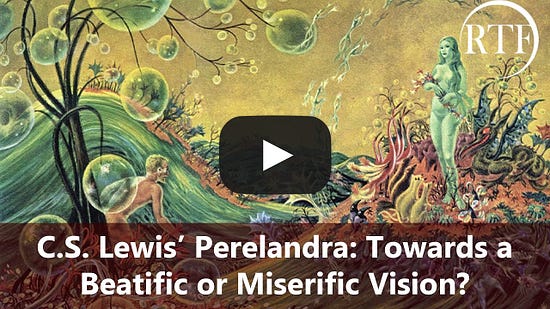 The Rising Tide Foundation is a non-profit organization based in Montreal, Canada, focused on facilitating greater bridges between east and west while also providing a service that includes geopolitical analysis, research in the arts, philosophy, sciences and history. Consider supporting our work by subscribing to our substack page and Telegram channel at t.me/RisingTideFoundation.
|
Wednesday, May 29, 2024
A Look at C.S. Lewis’ Sci-fi Trilogy: A Journey Out of H.G. Wells' Deep Black Void
Subscribe to:
Post Comments (Atom)
Renaissance or Dark Age? RTF Symposium
In this first of three presentations delivered to the Renaissance or Dark Age Symposium on September 7, 2025 in Toronto Ontario, Matt Ehret ...
-
Greetings everyone ͏ ͏ ͏ ͏ ͏ ͏ ͏ ͏ ͏ ͏ ͏ ͏ ͏ ͏ ͏ ͏ ͏ ͏ ...
-
Rising Tide Foundation cross-posted a post from Matt Ehret's Insights Rising Tide Foundation Sep 25 · Rising Tide Foundation Come see M...
-
March 16 at 2pm Eastern Time ͏ ͏ ͏ ͏ ͏ ͏ ͏ ͏ ͏ ͏ ͏ ͏ ͏ ͏ ͏ ͏ ...
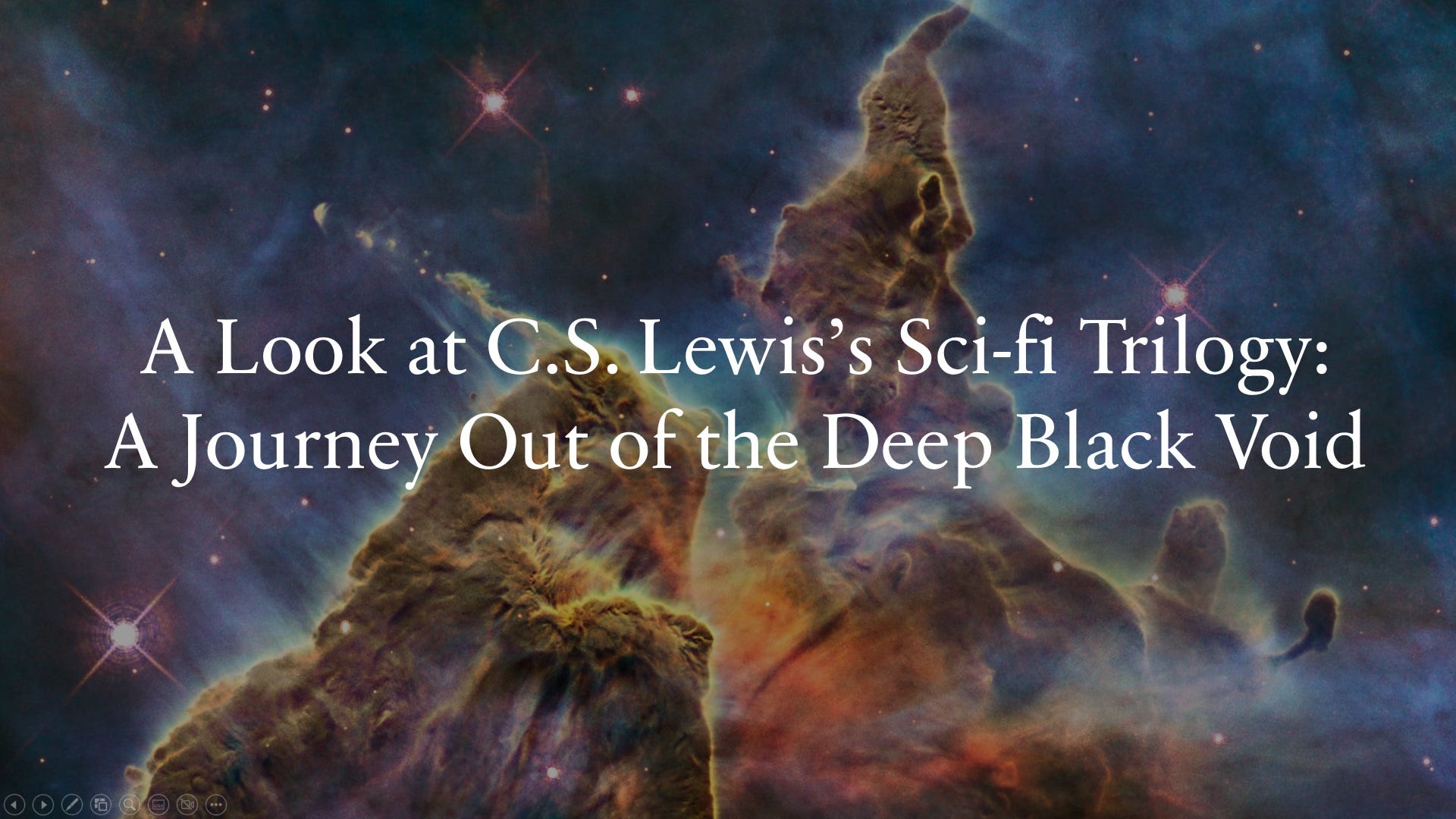
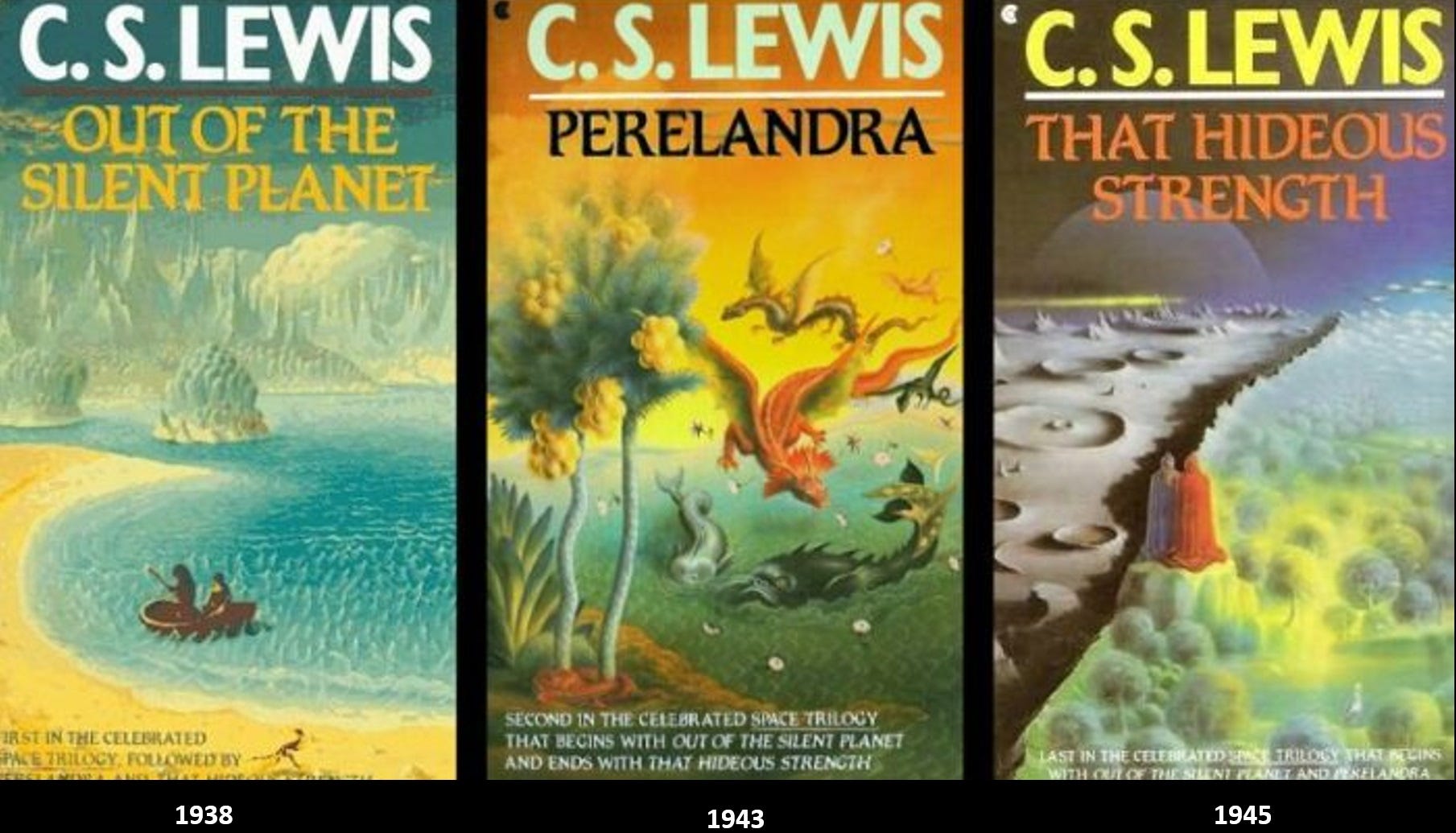
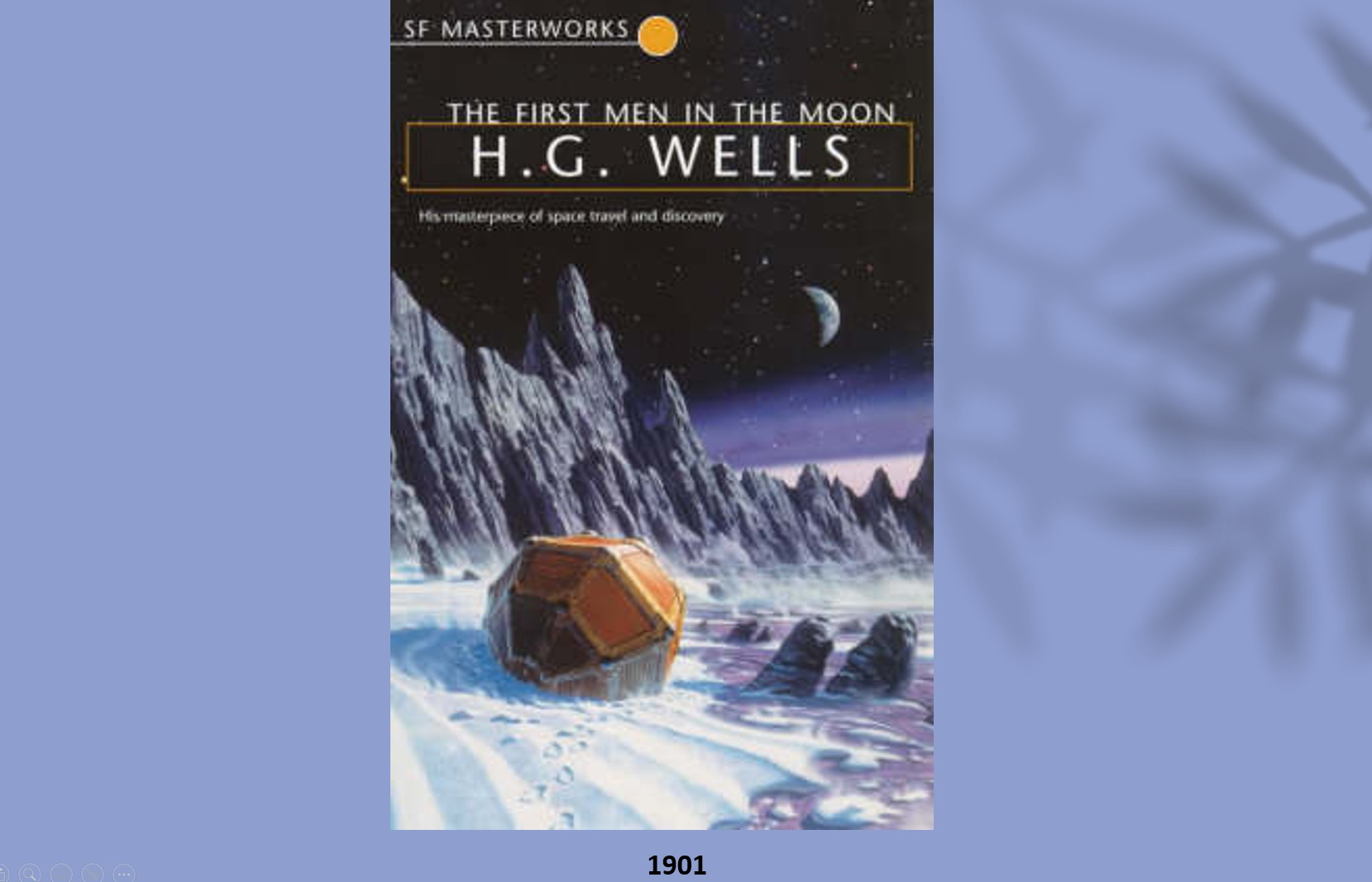
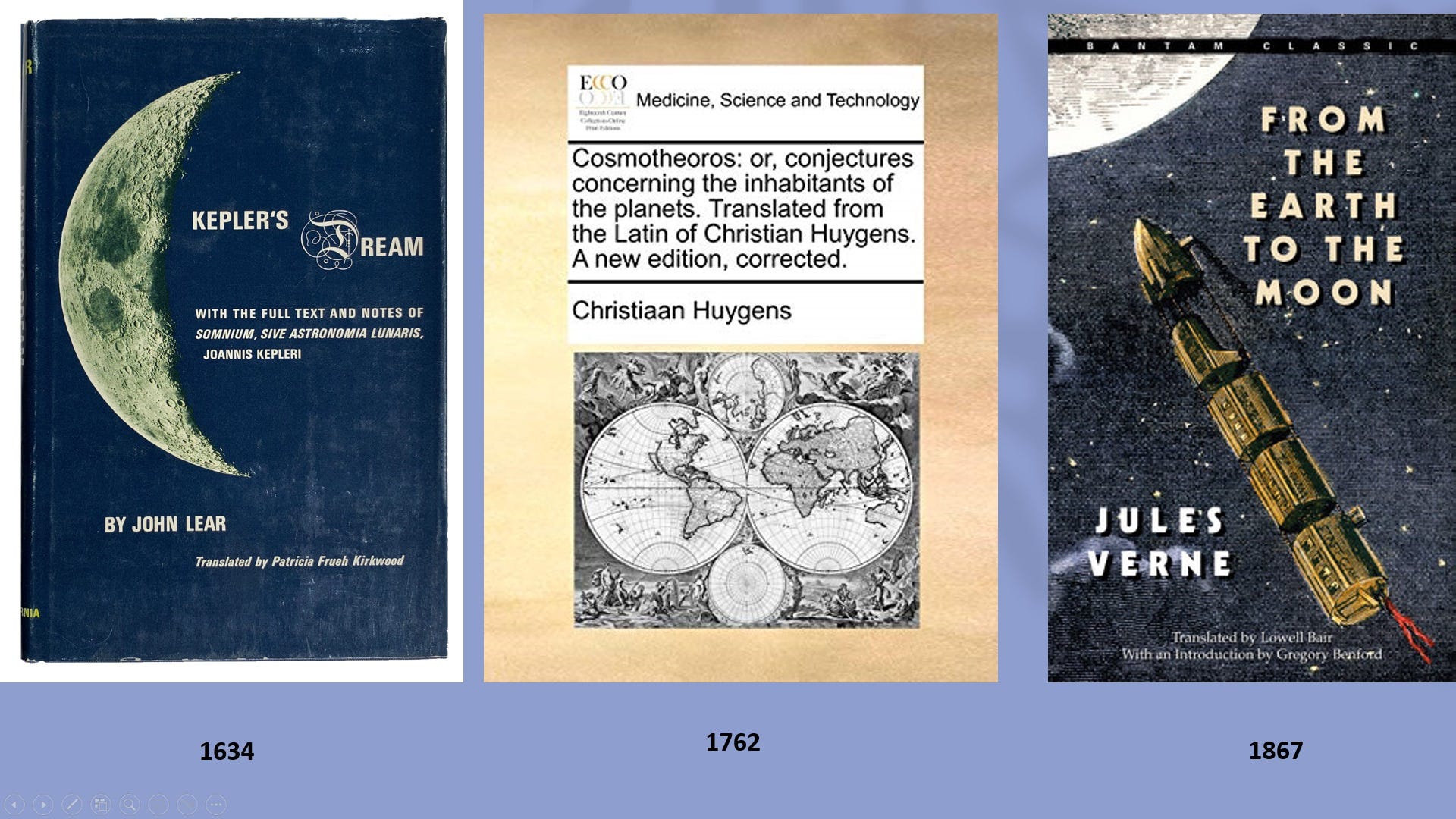
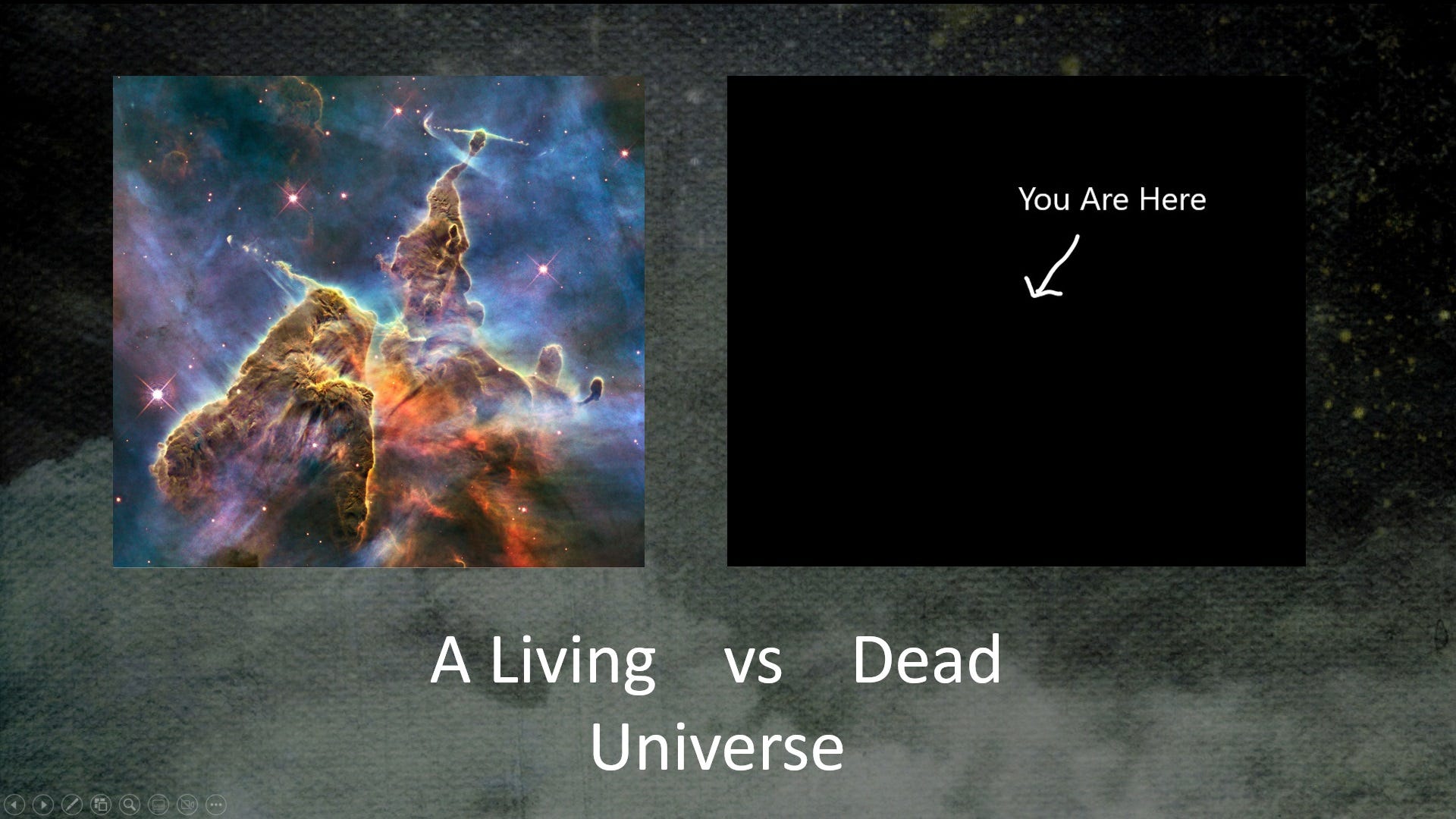
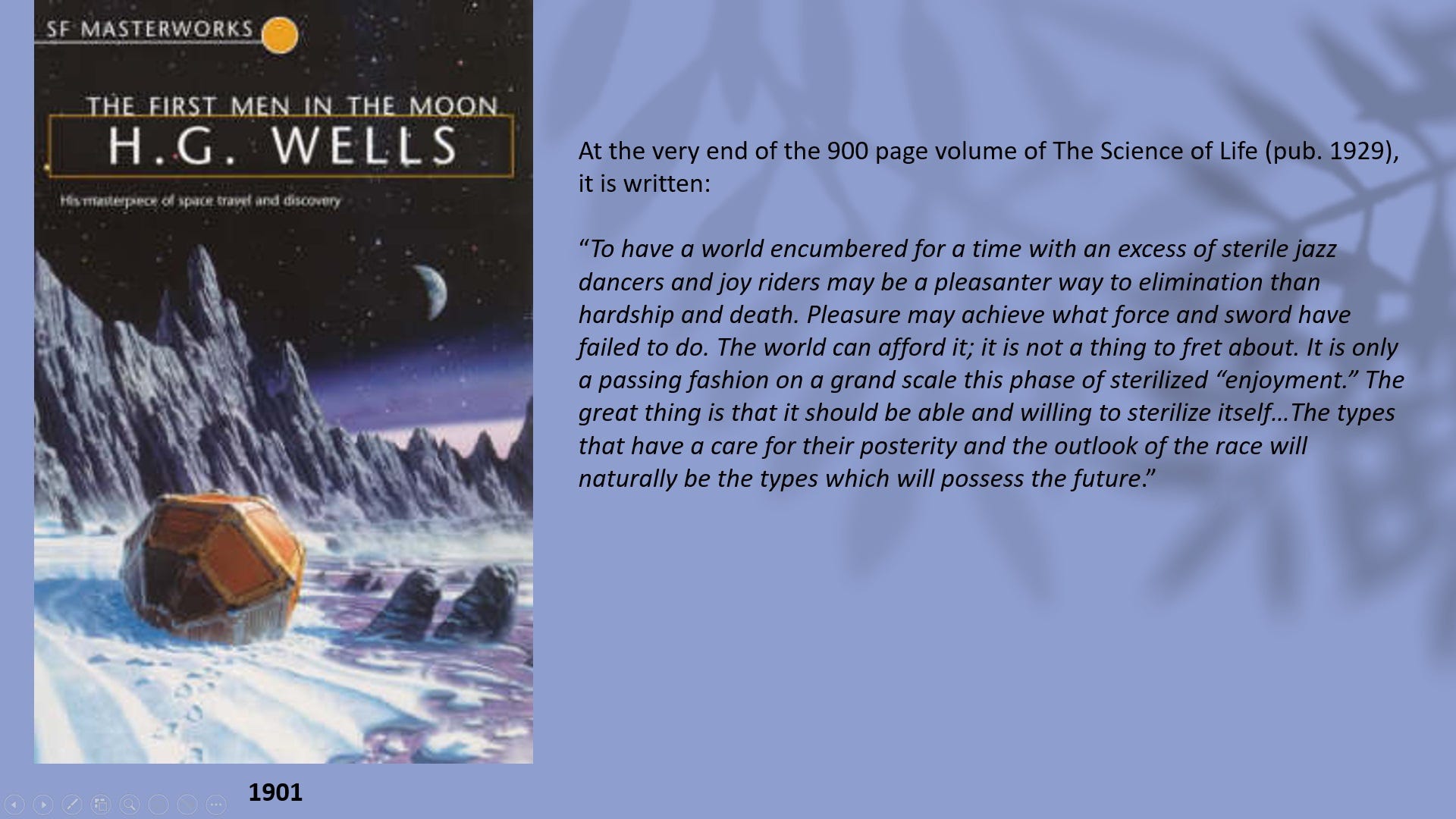
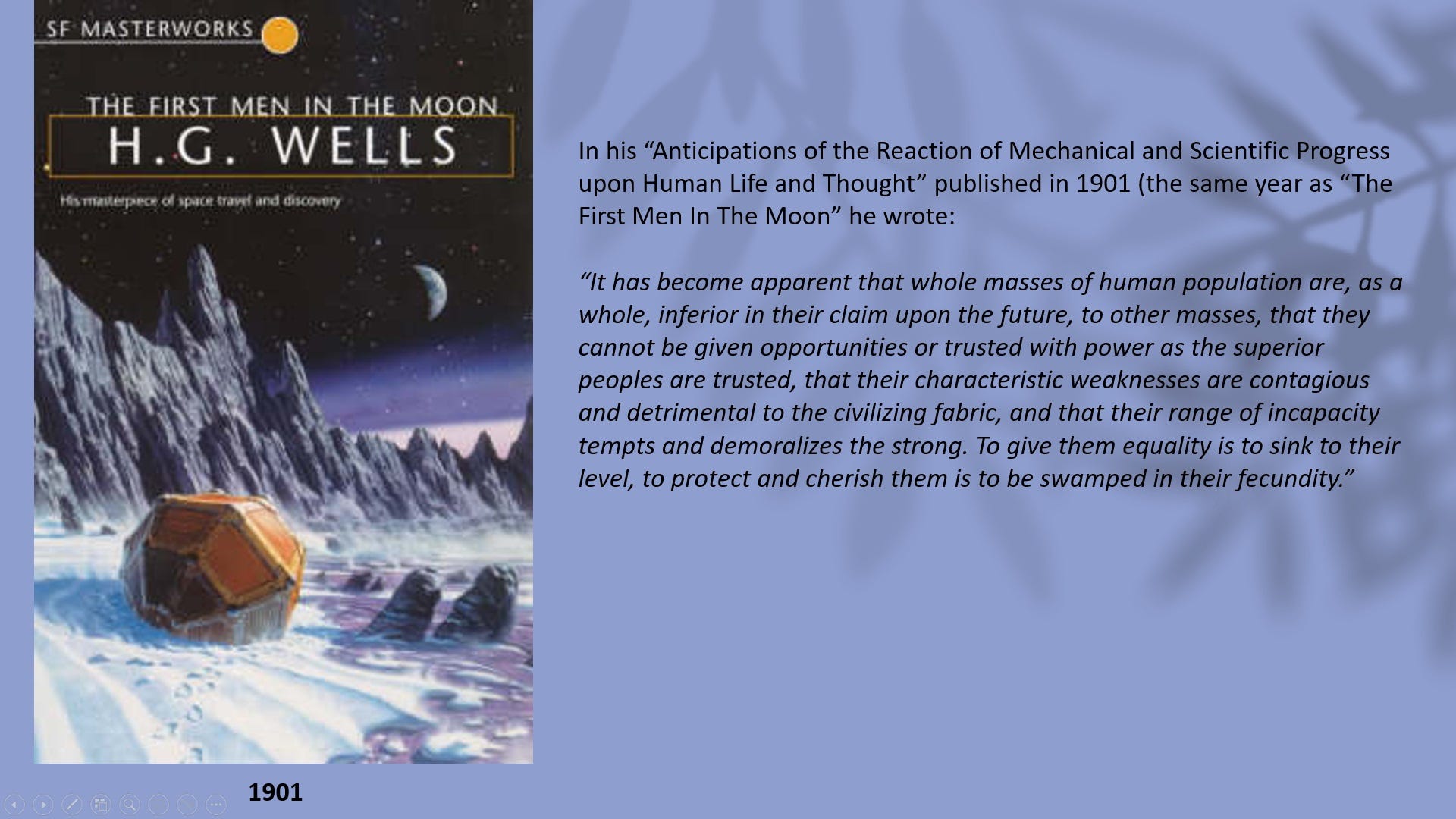

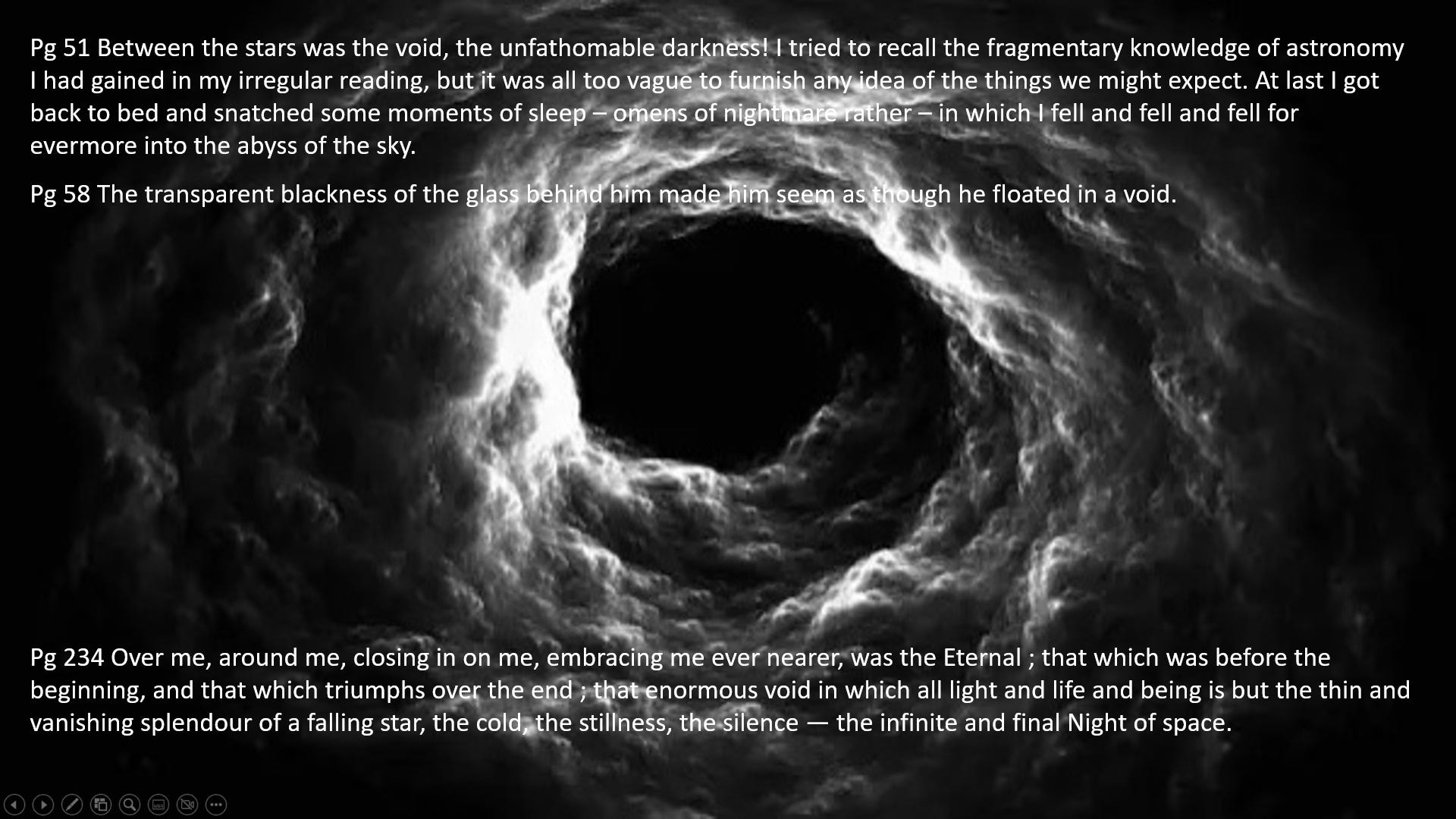
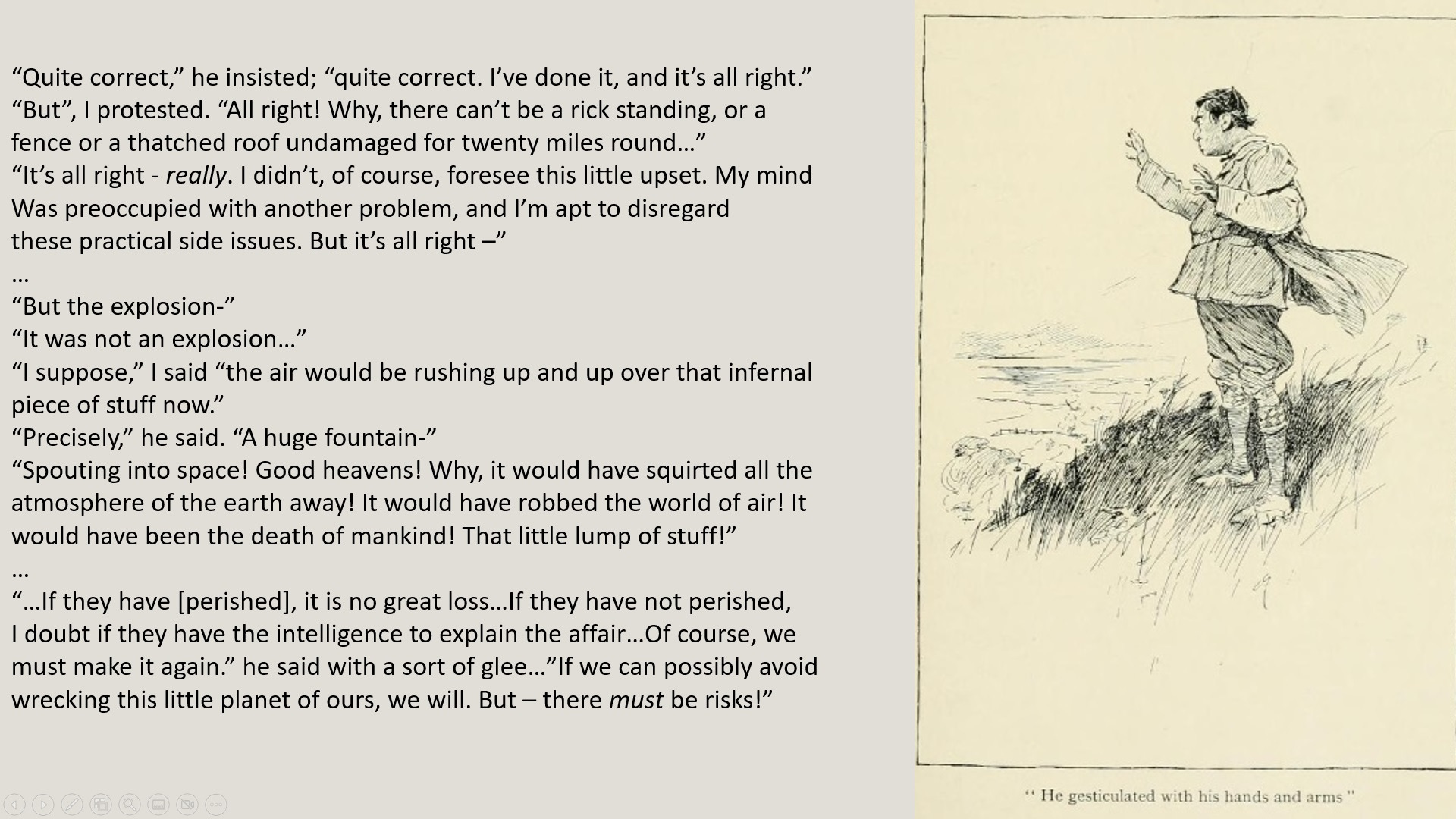
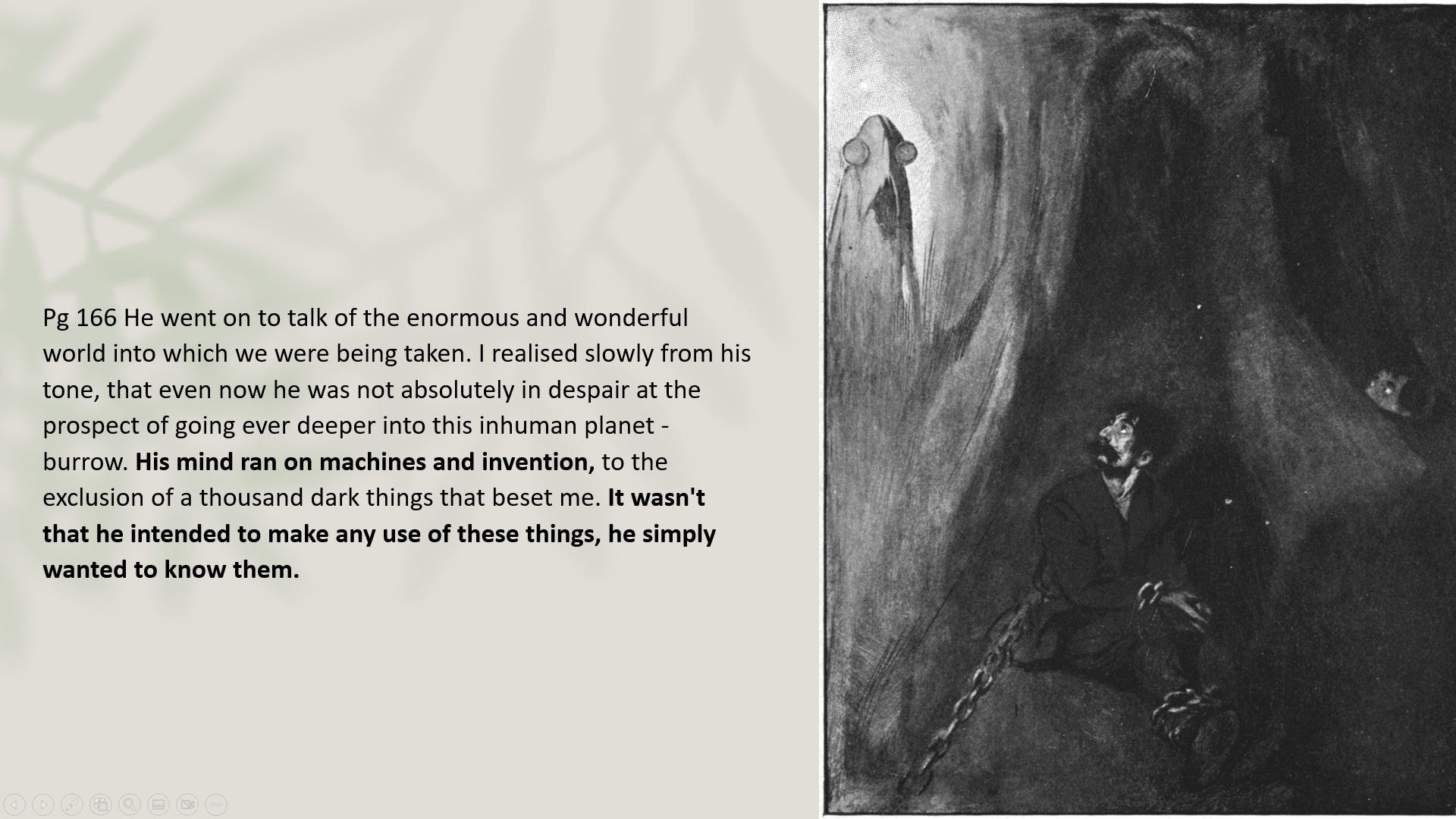
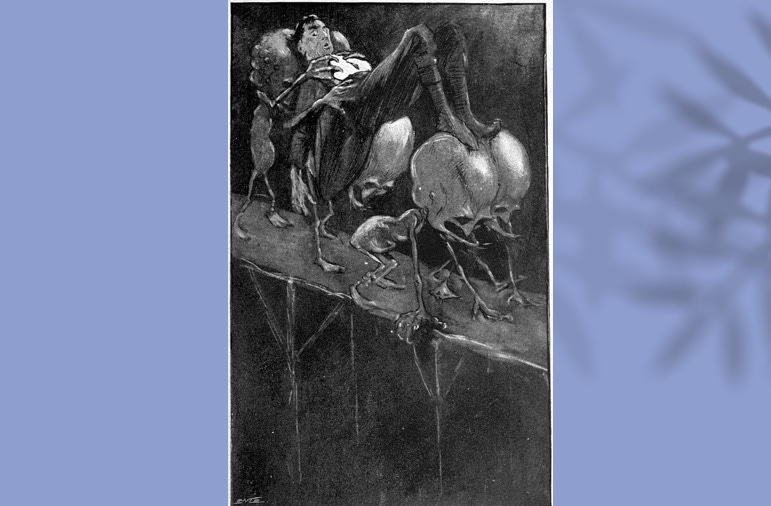
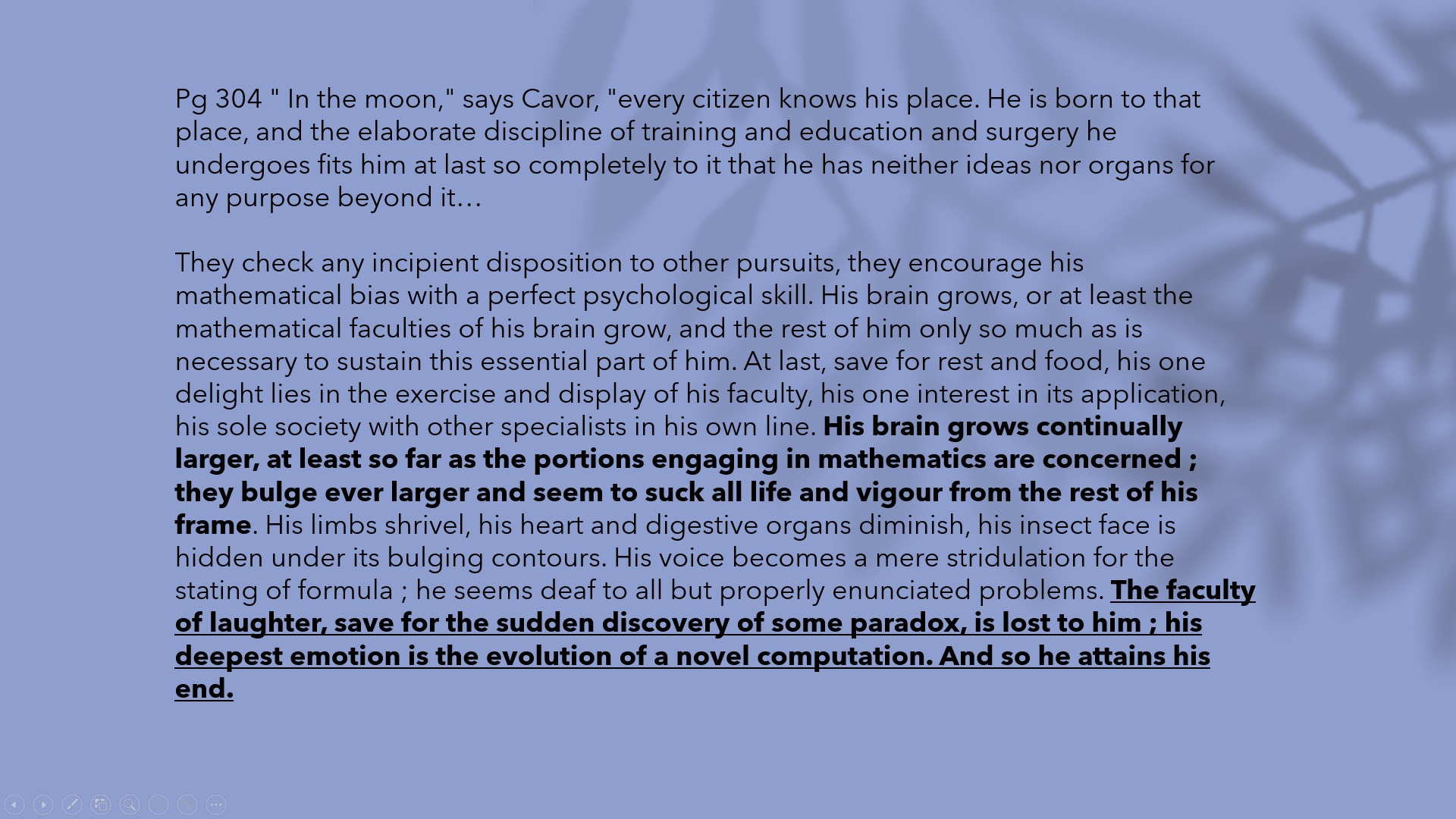
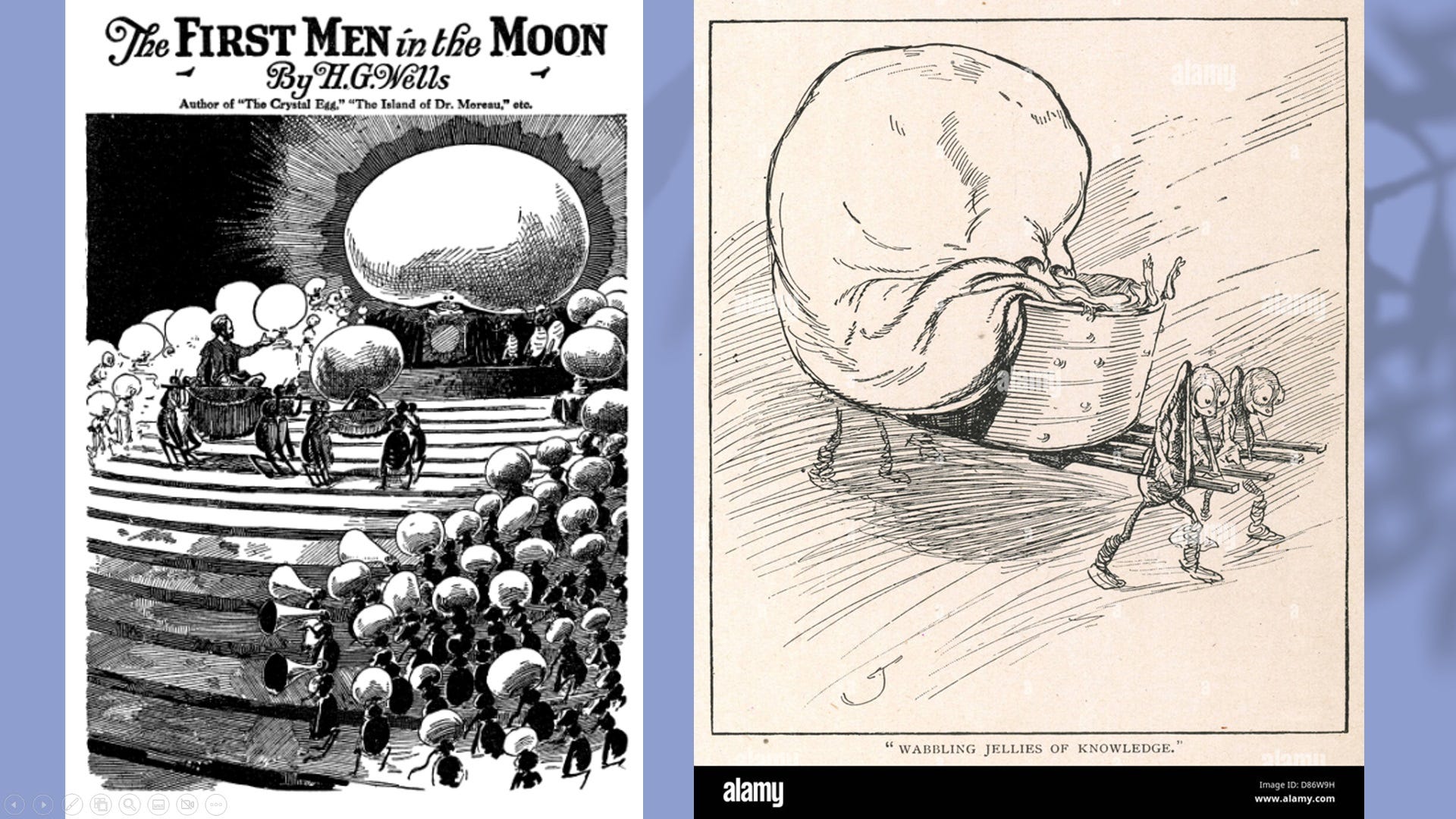
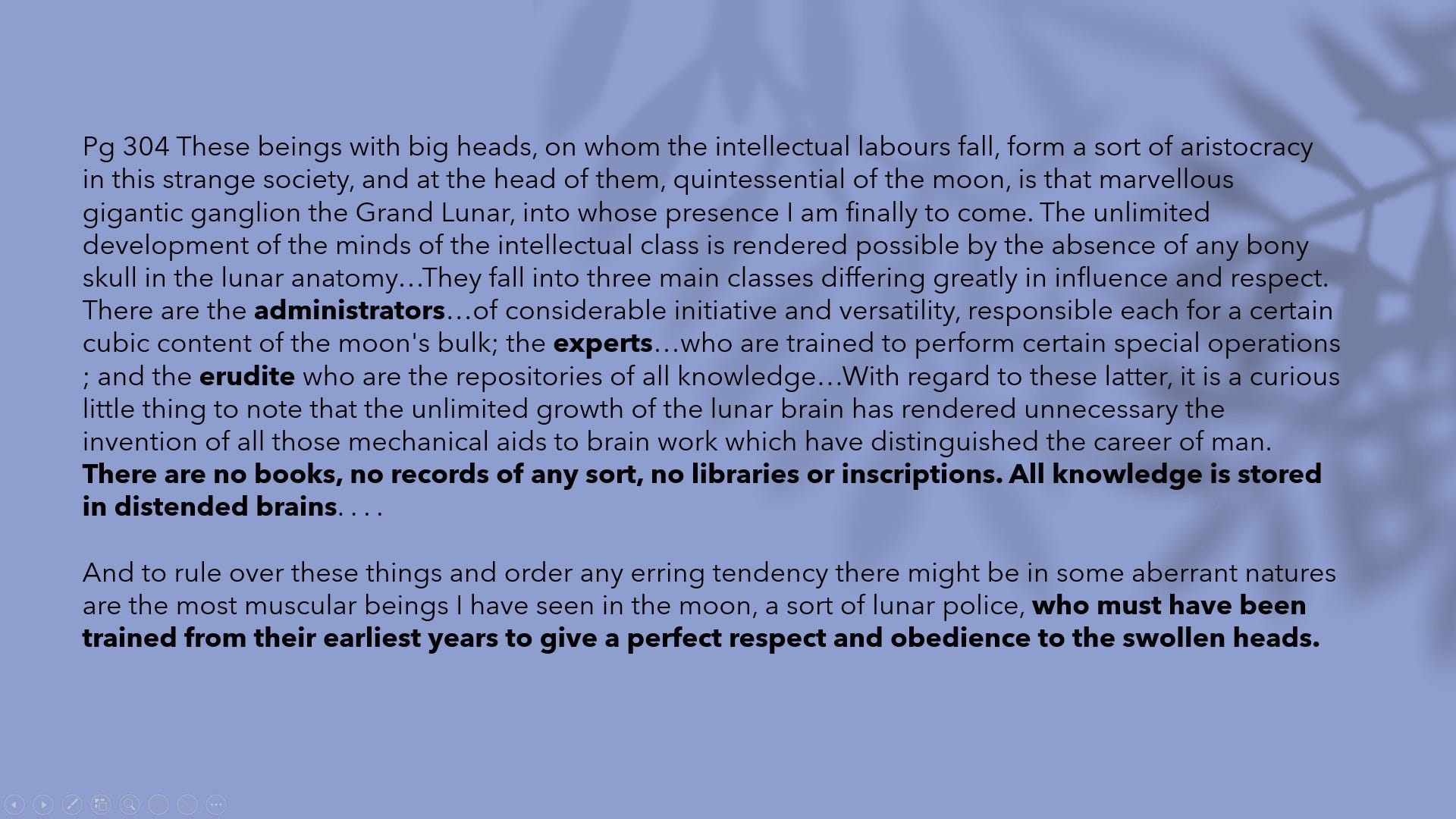
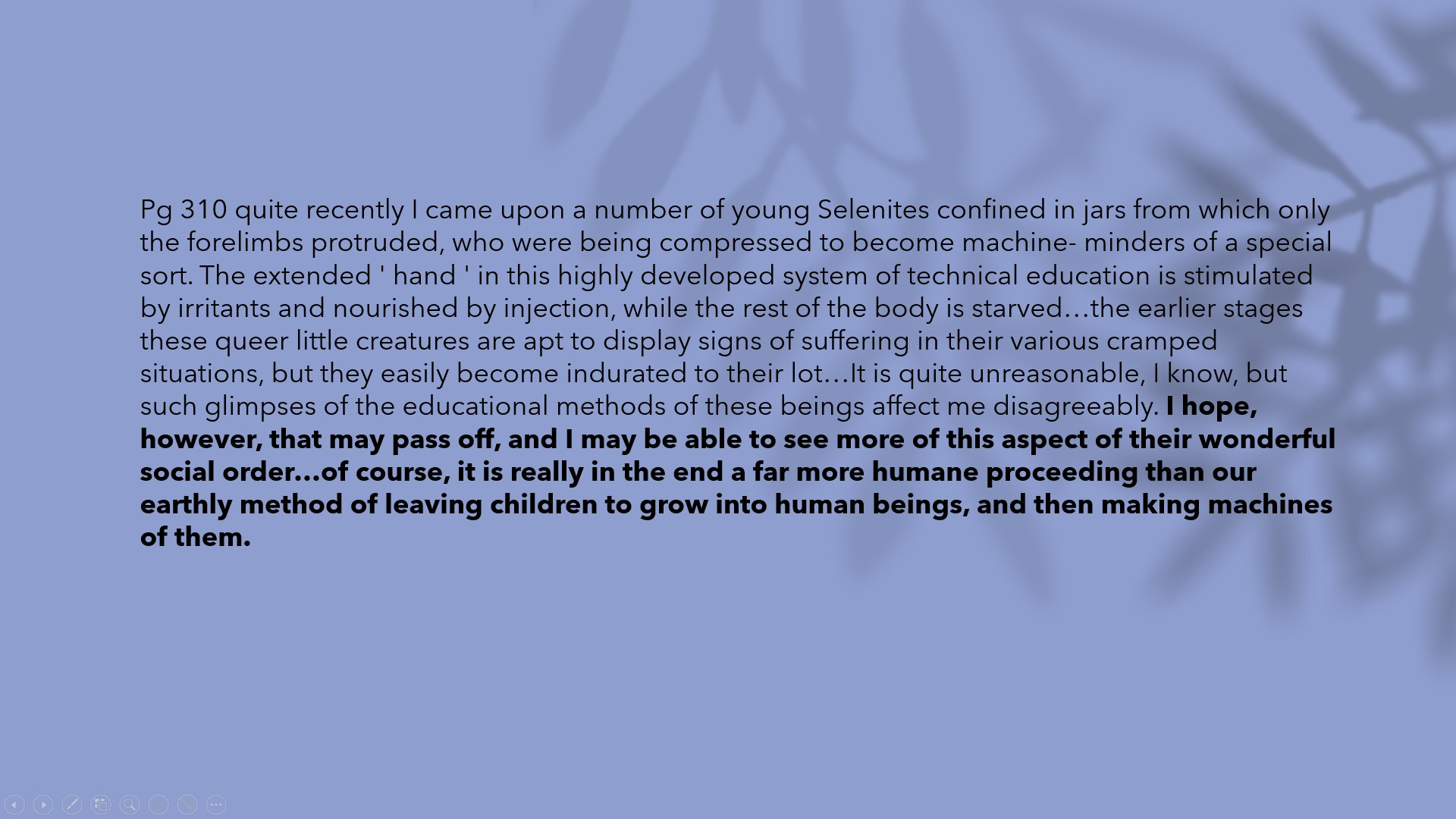
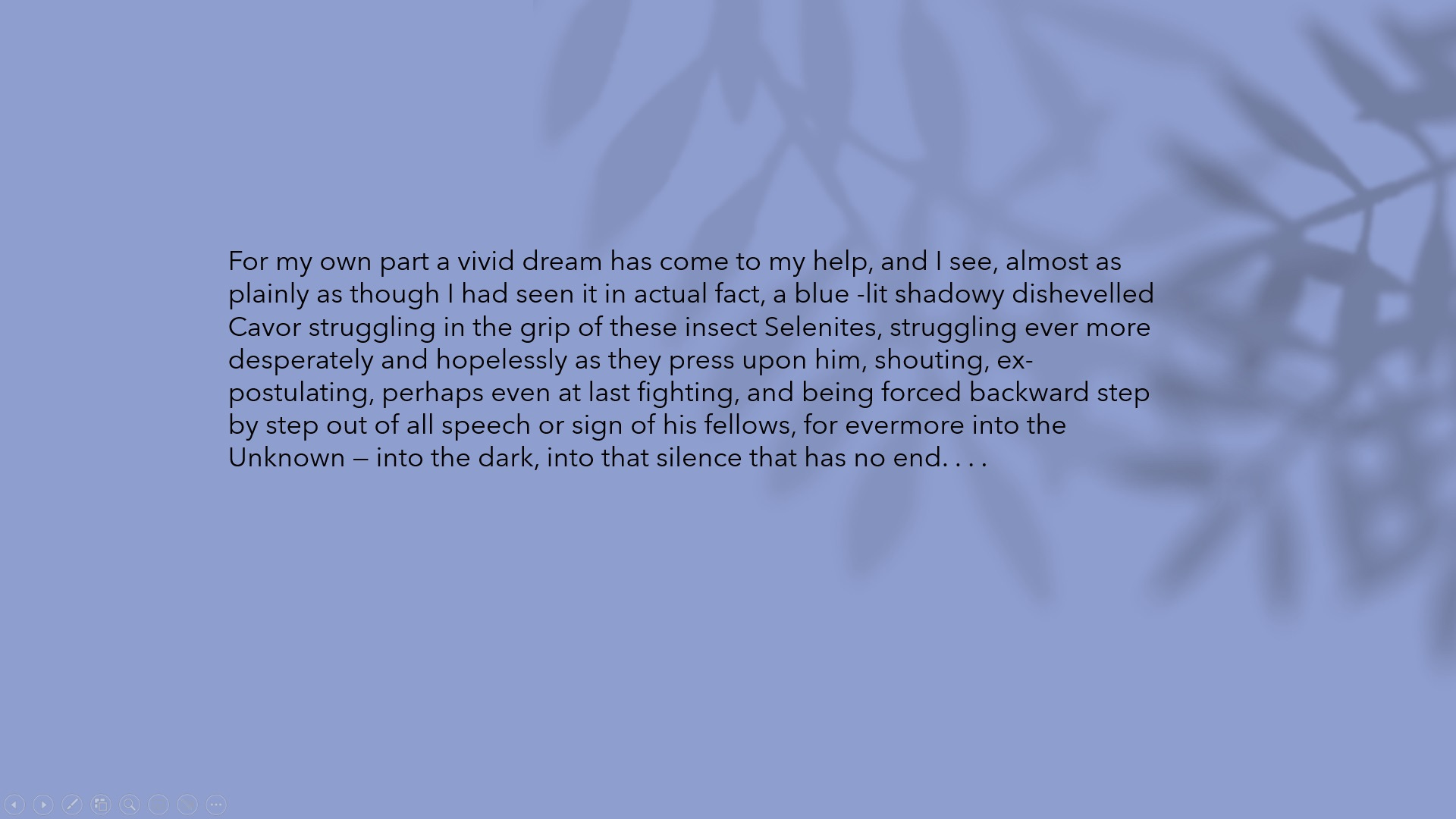
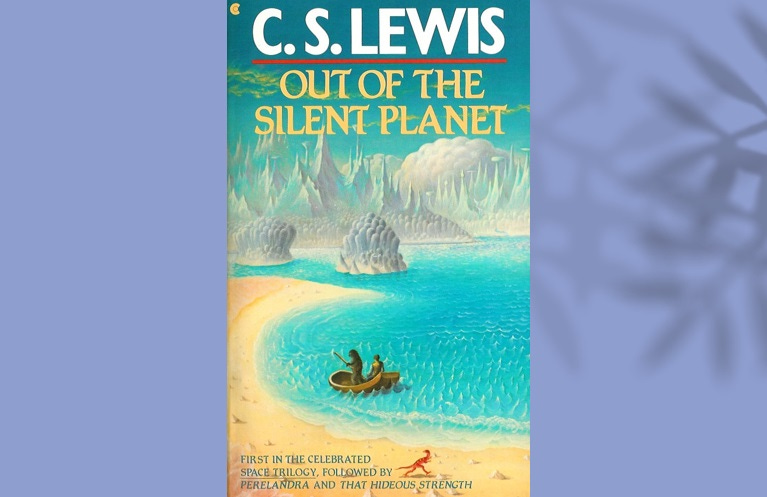
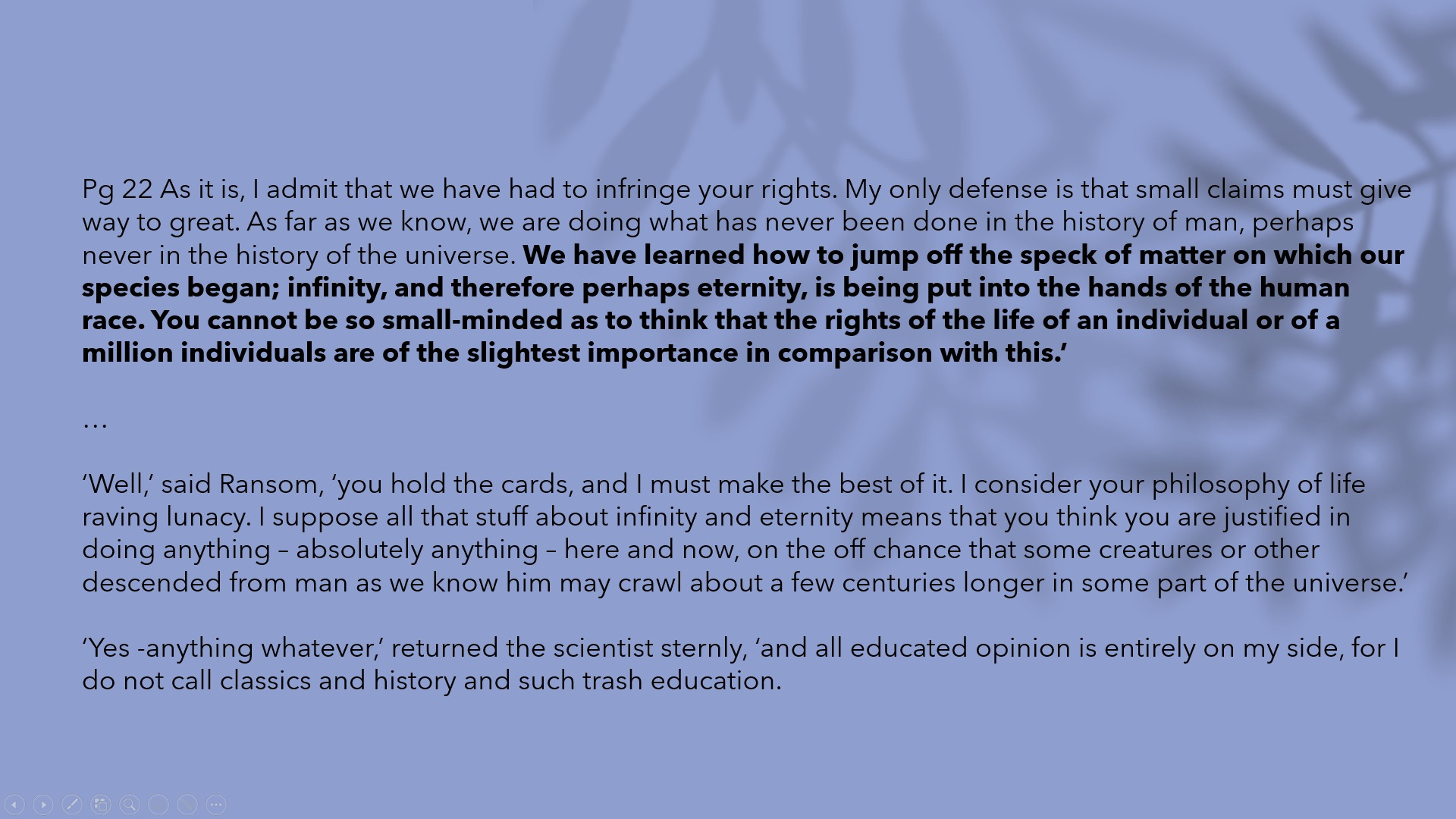
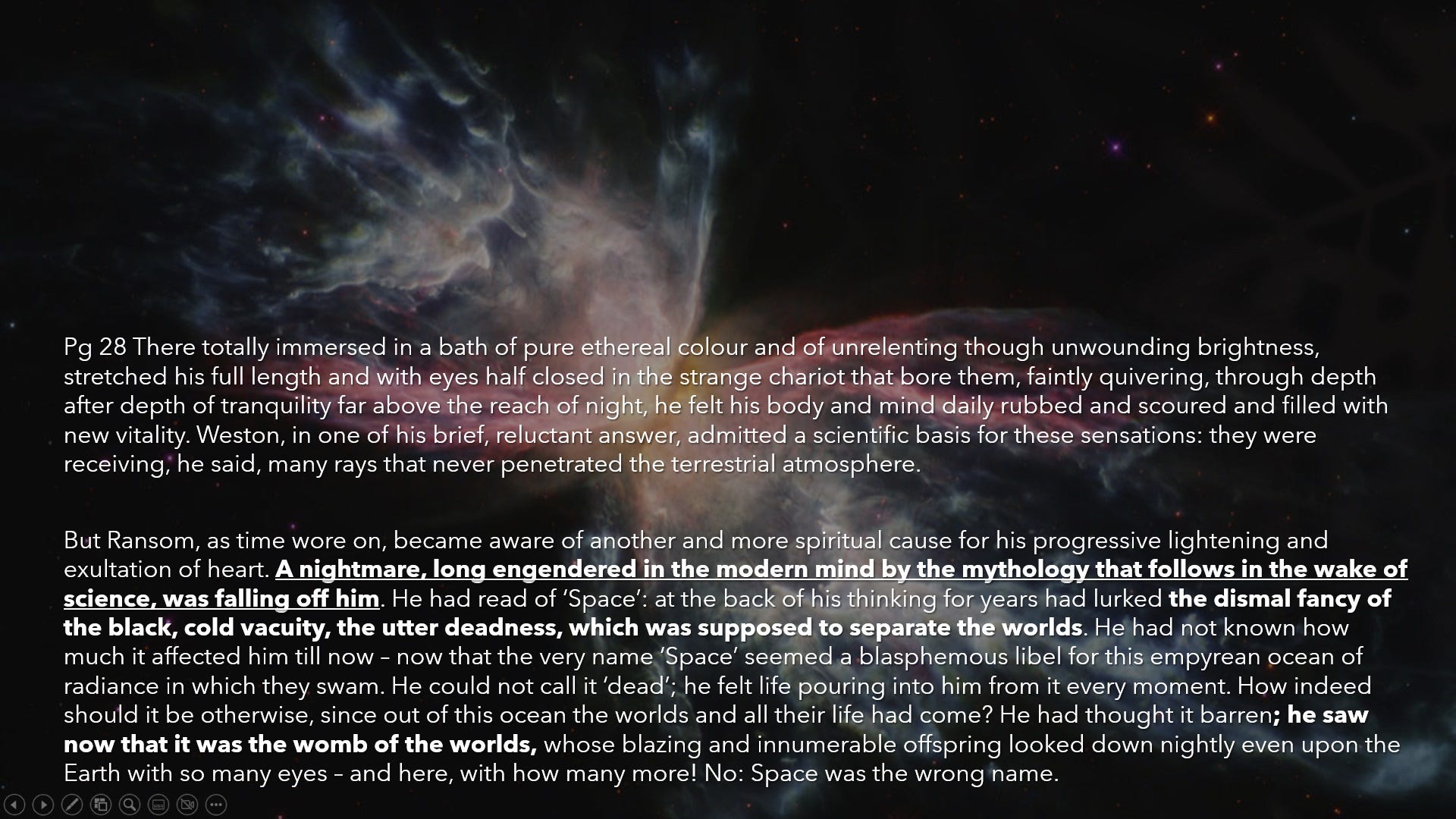
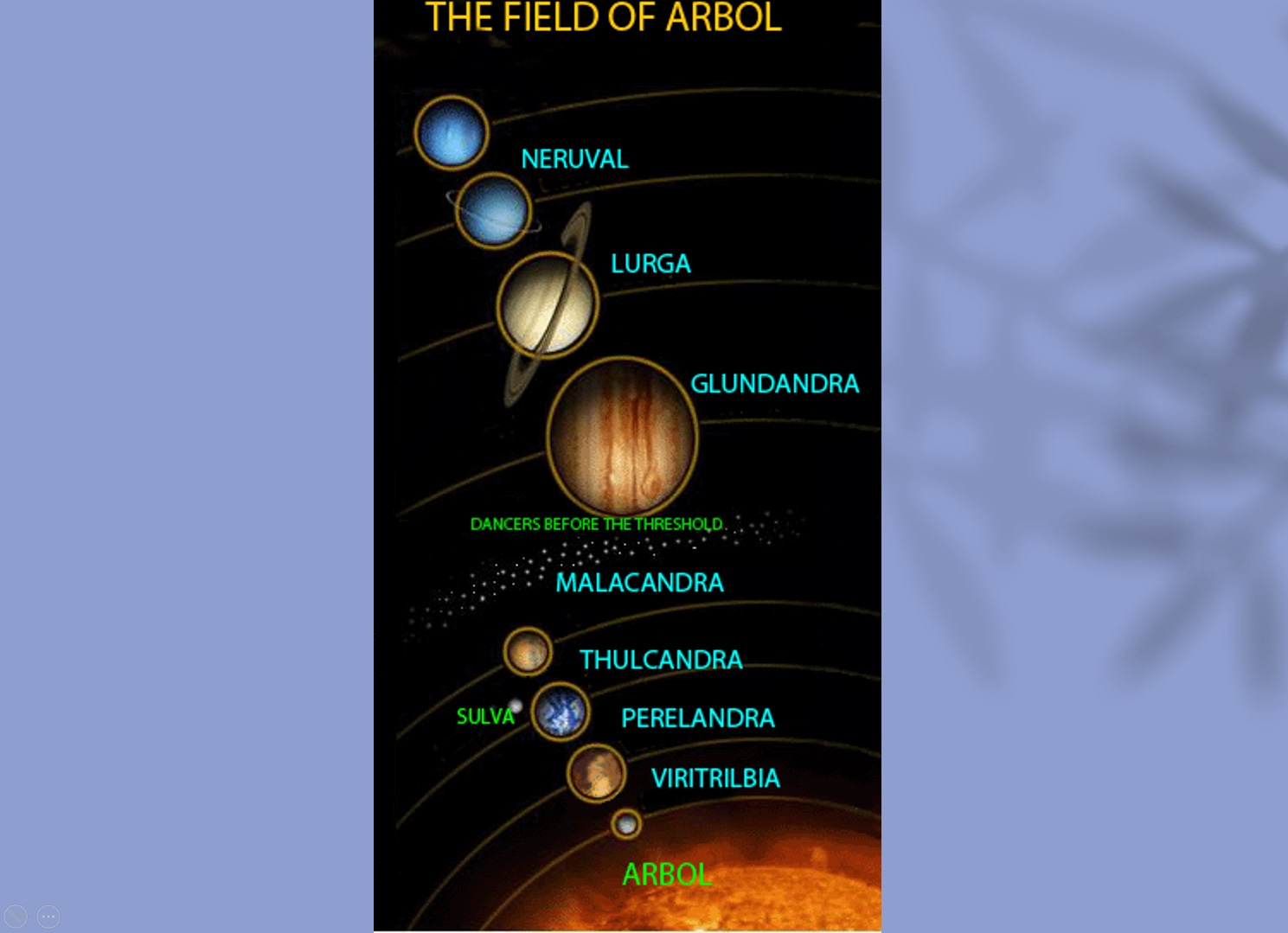
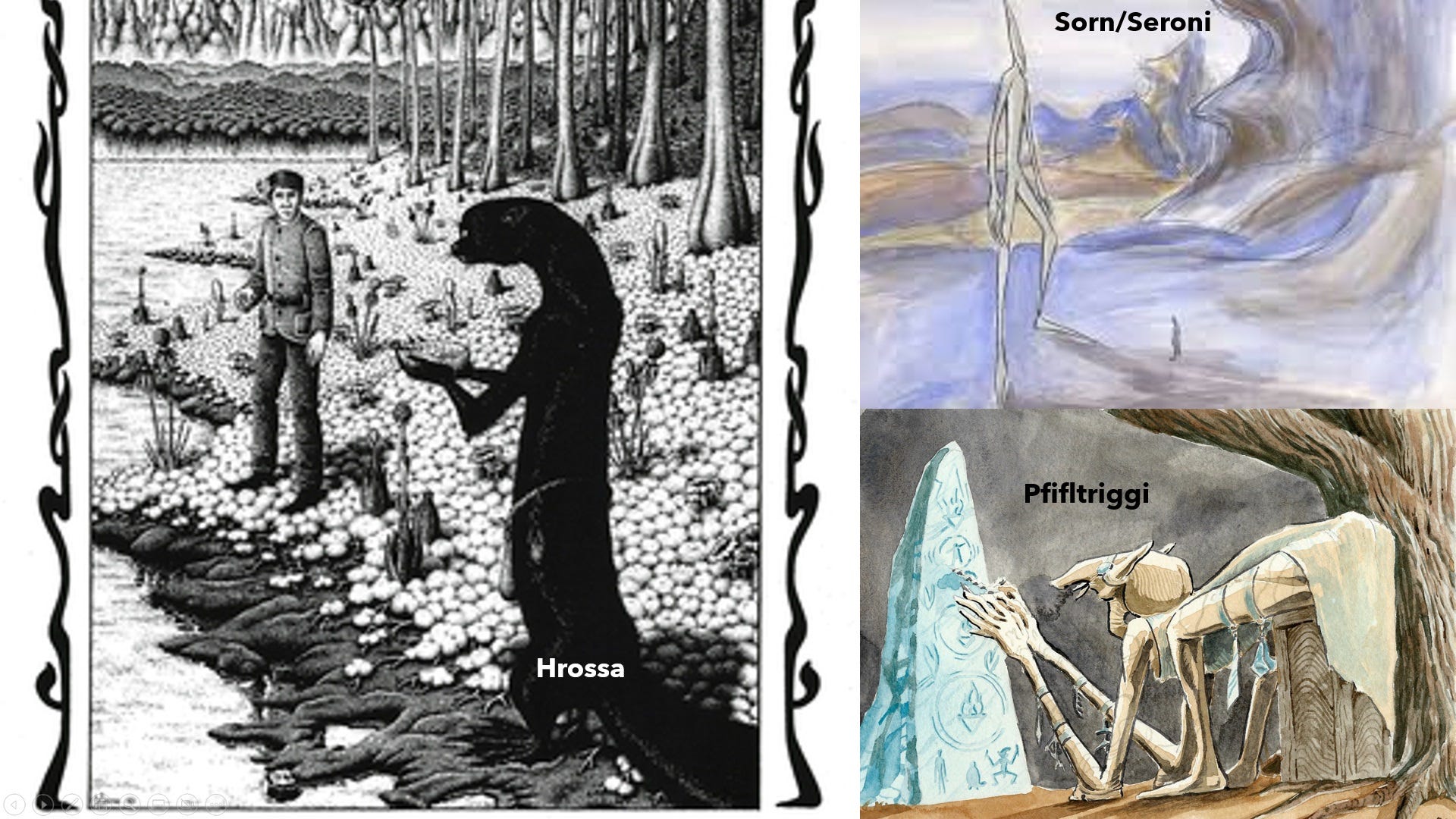
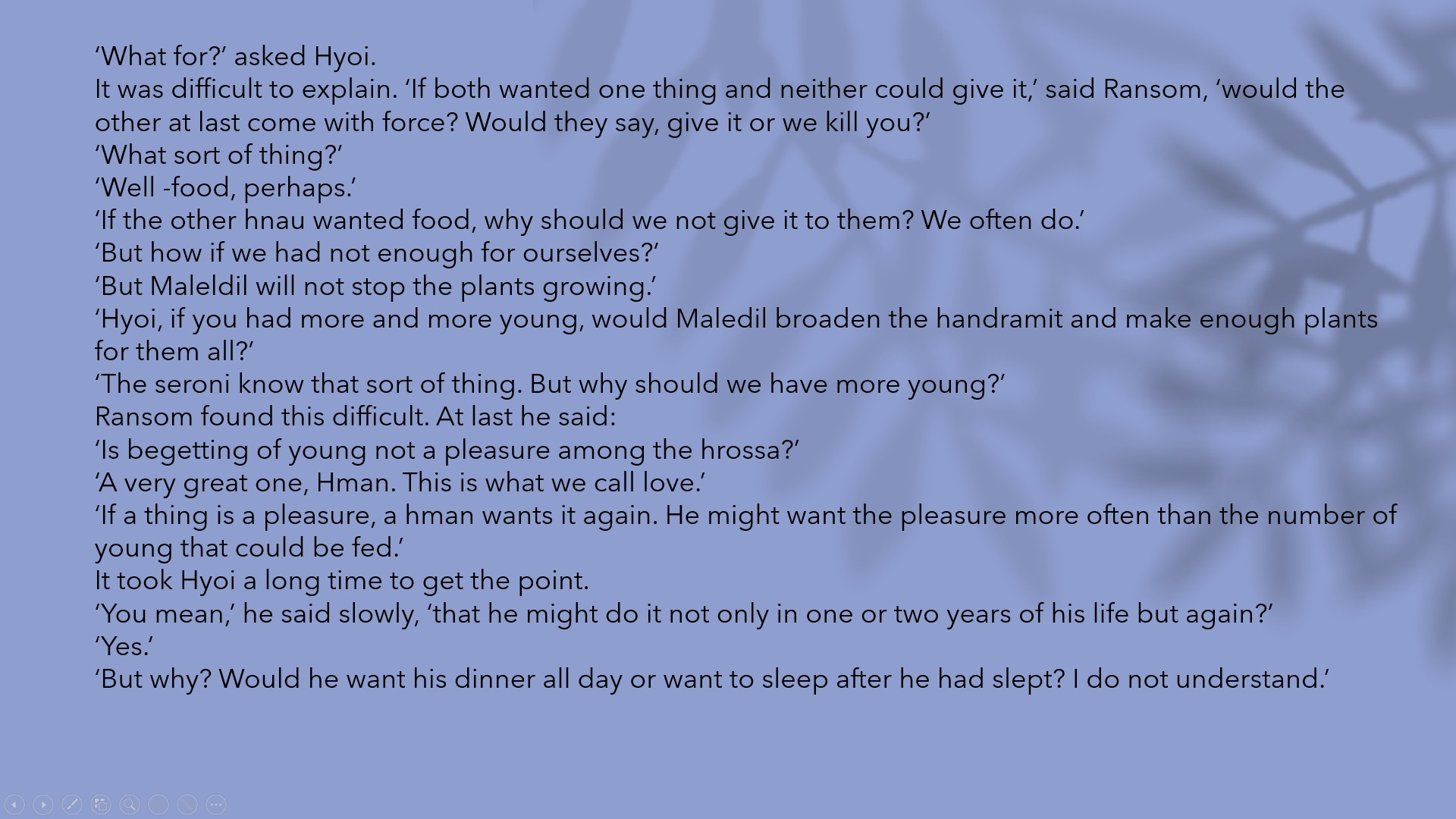
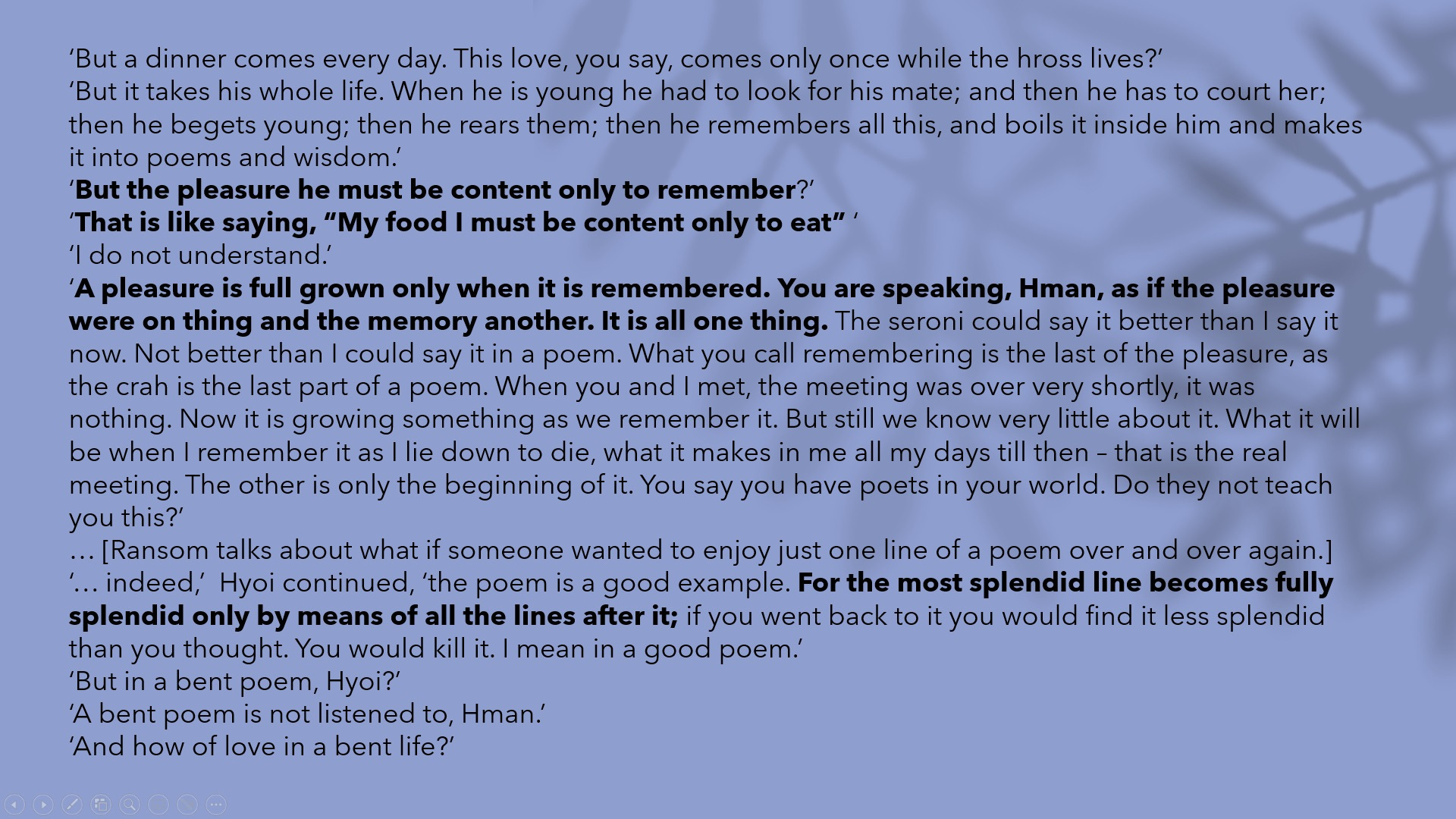
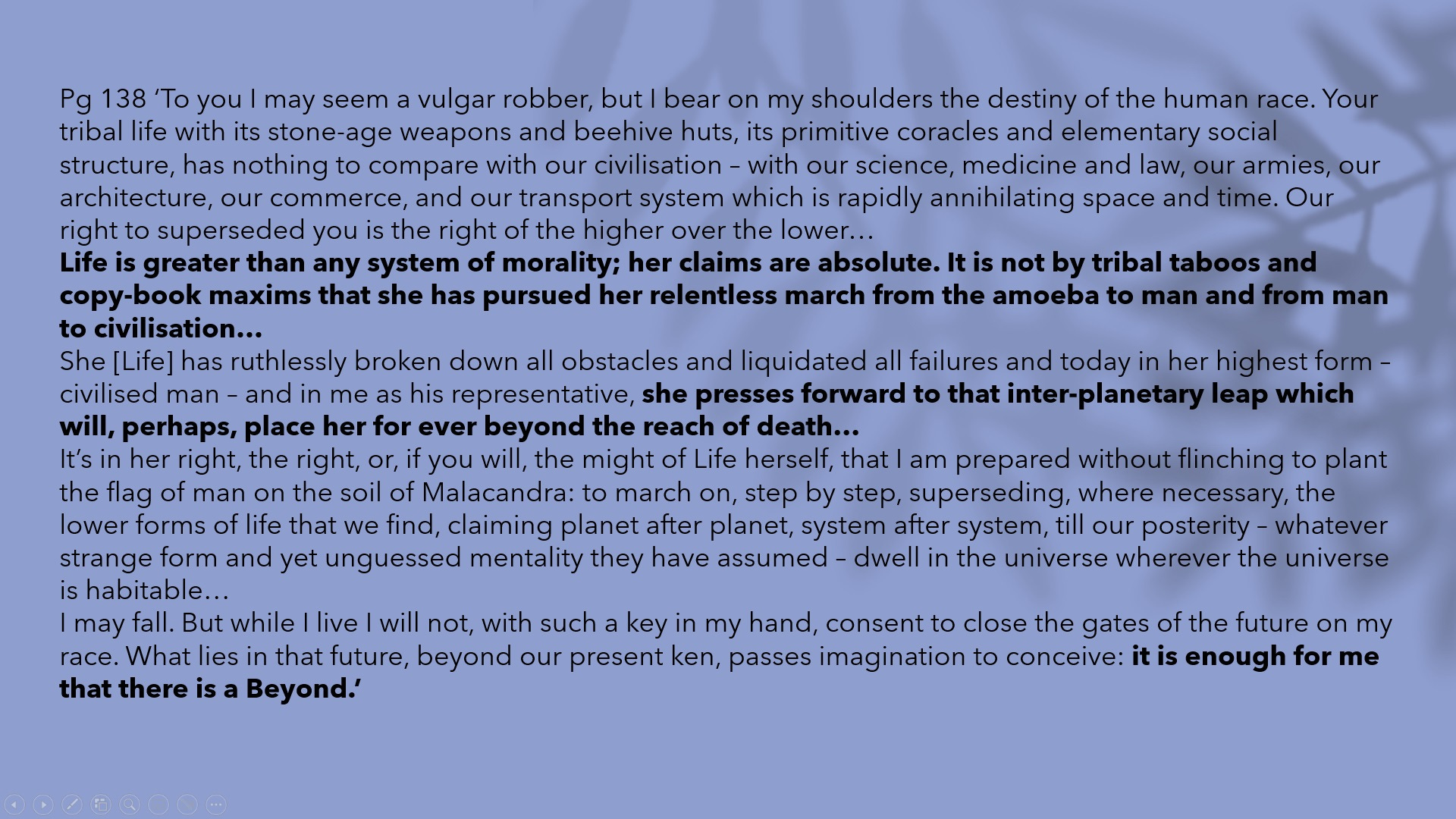
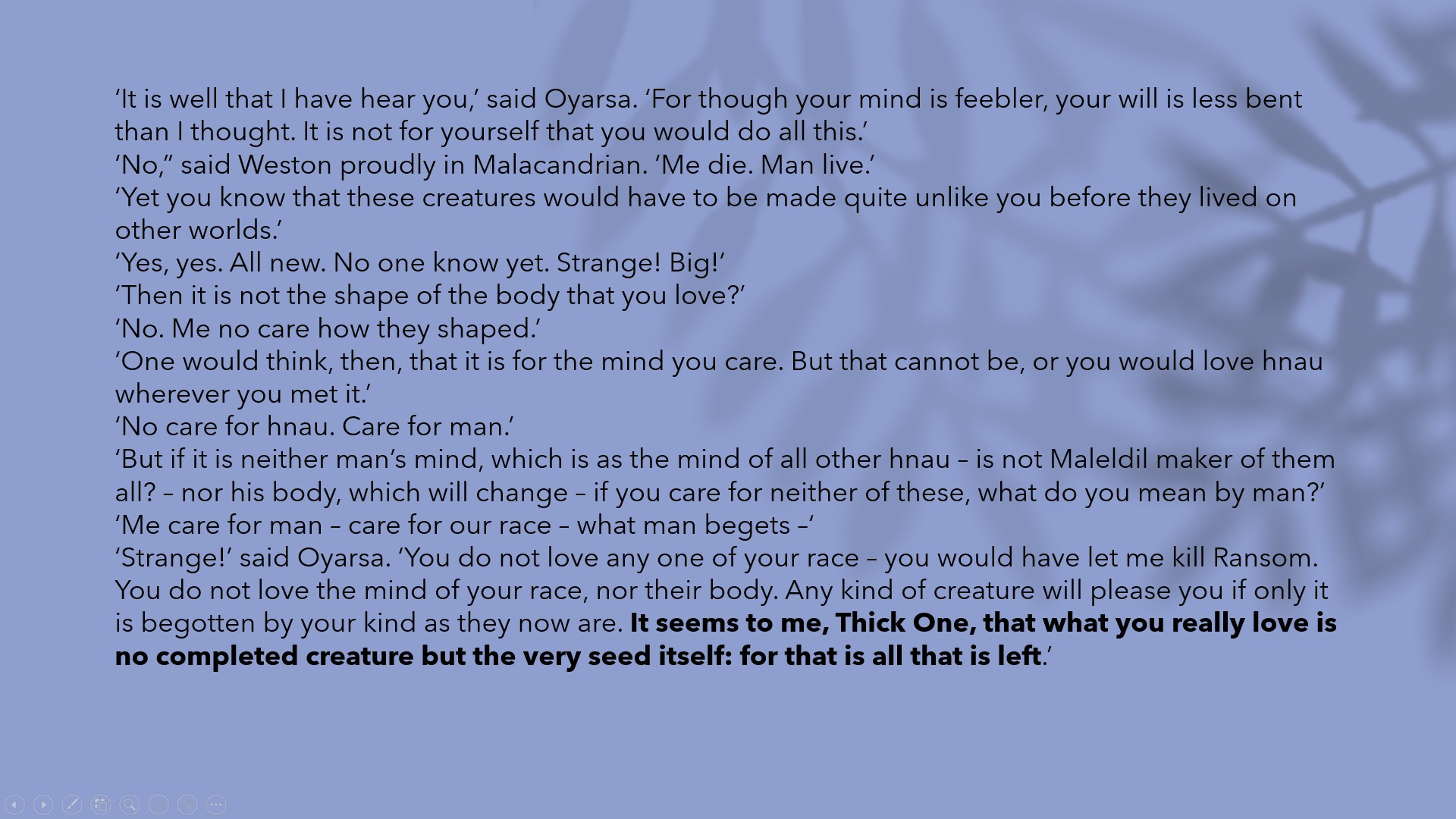
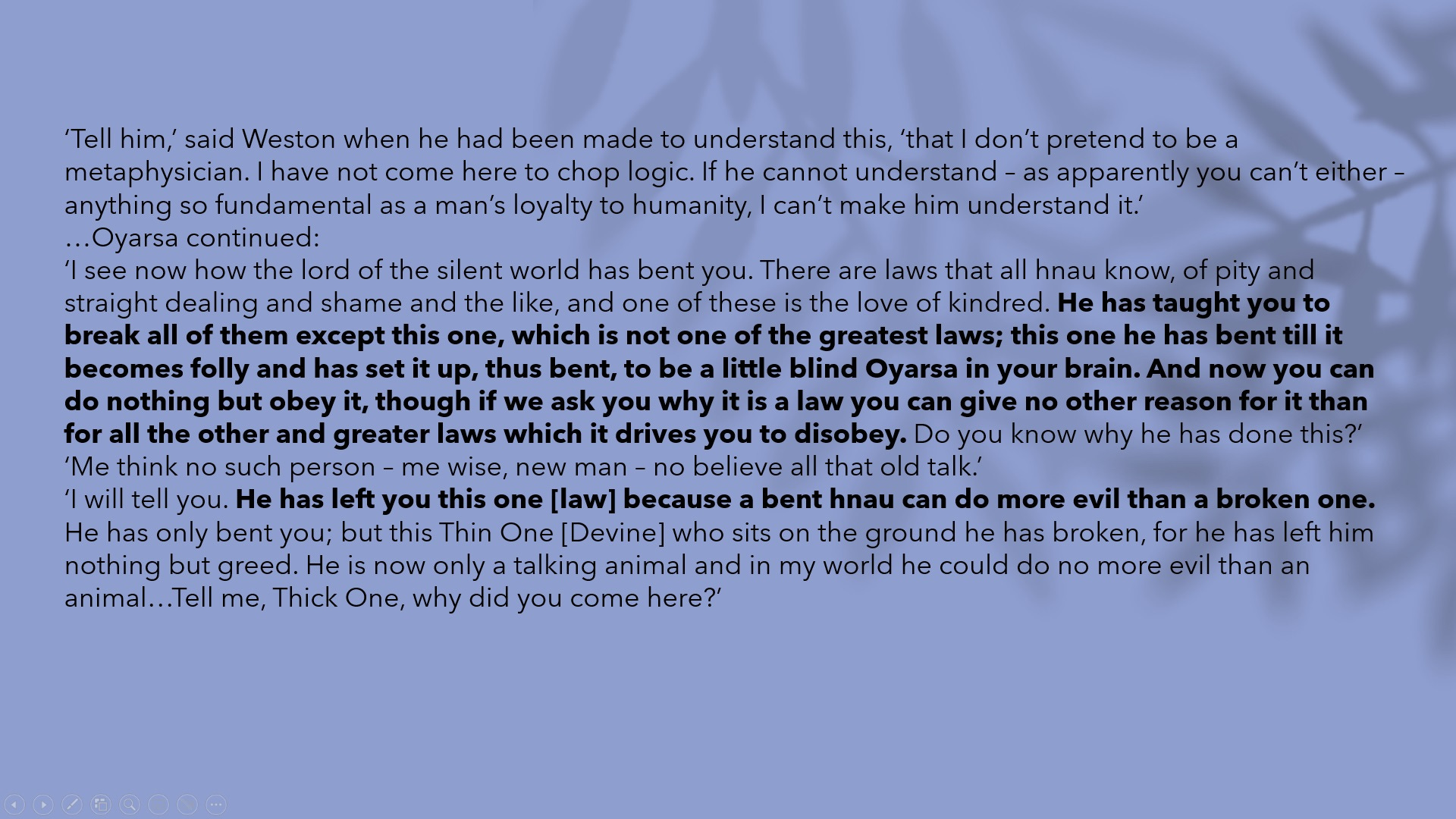
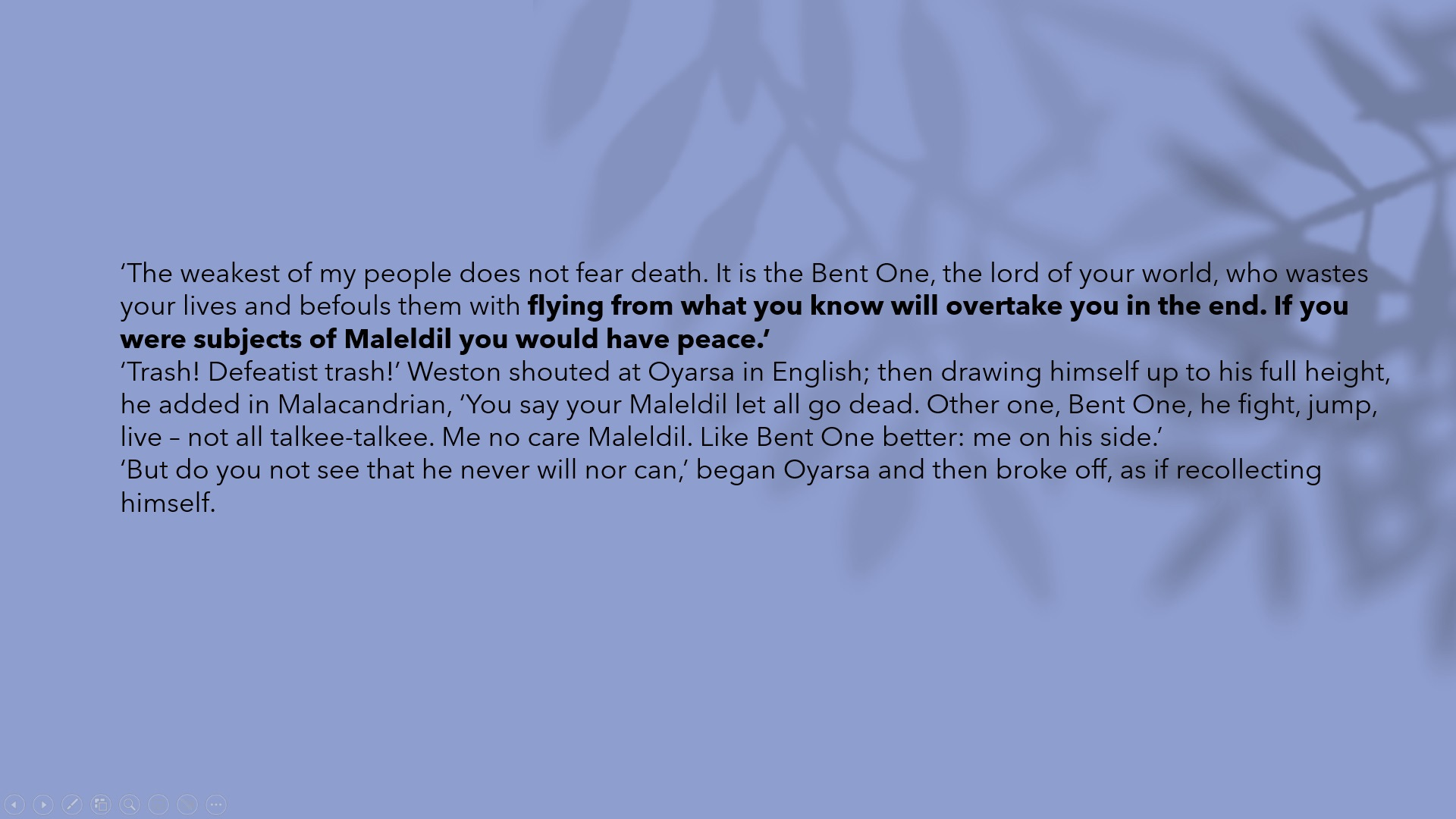
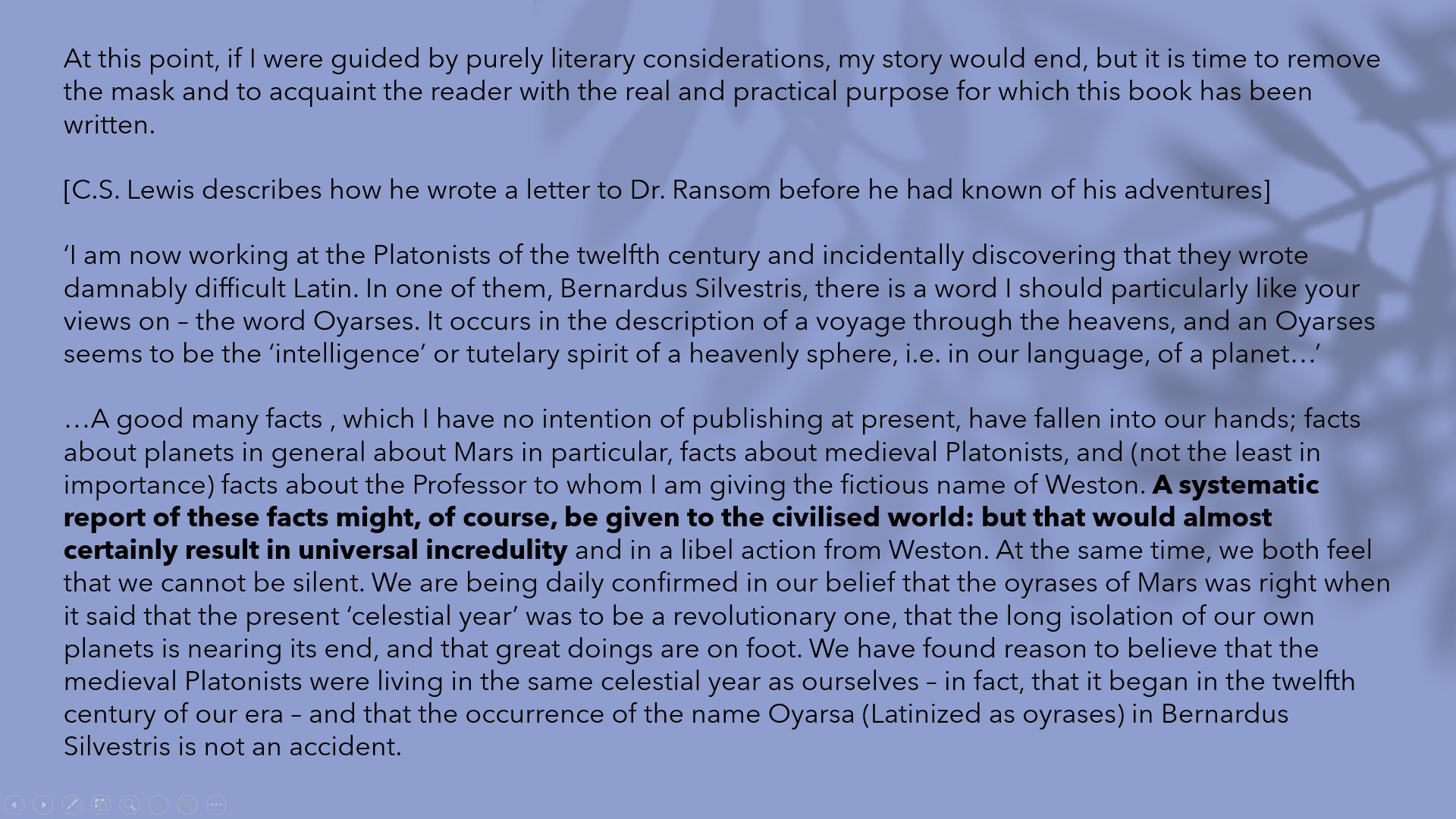
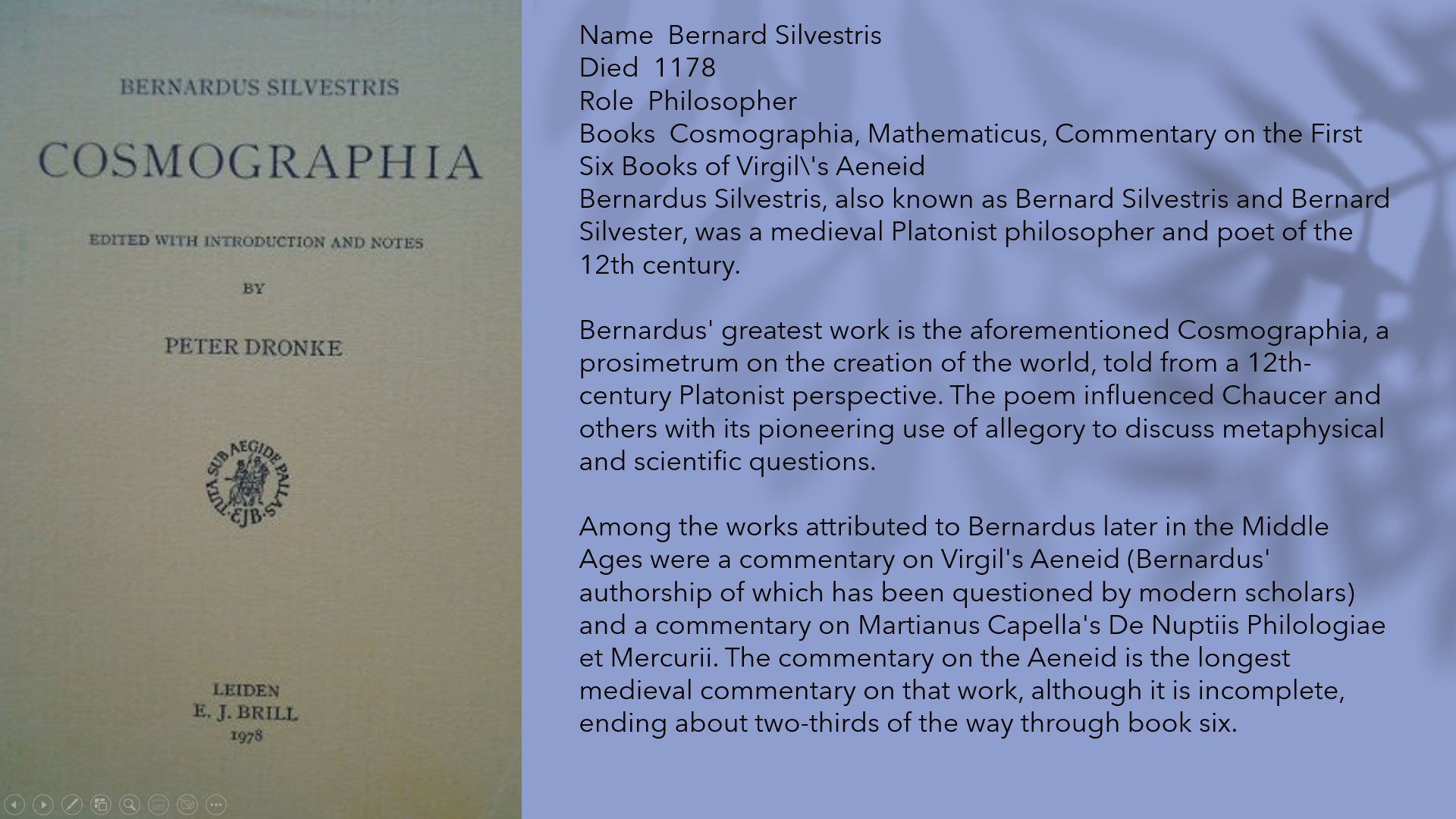
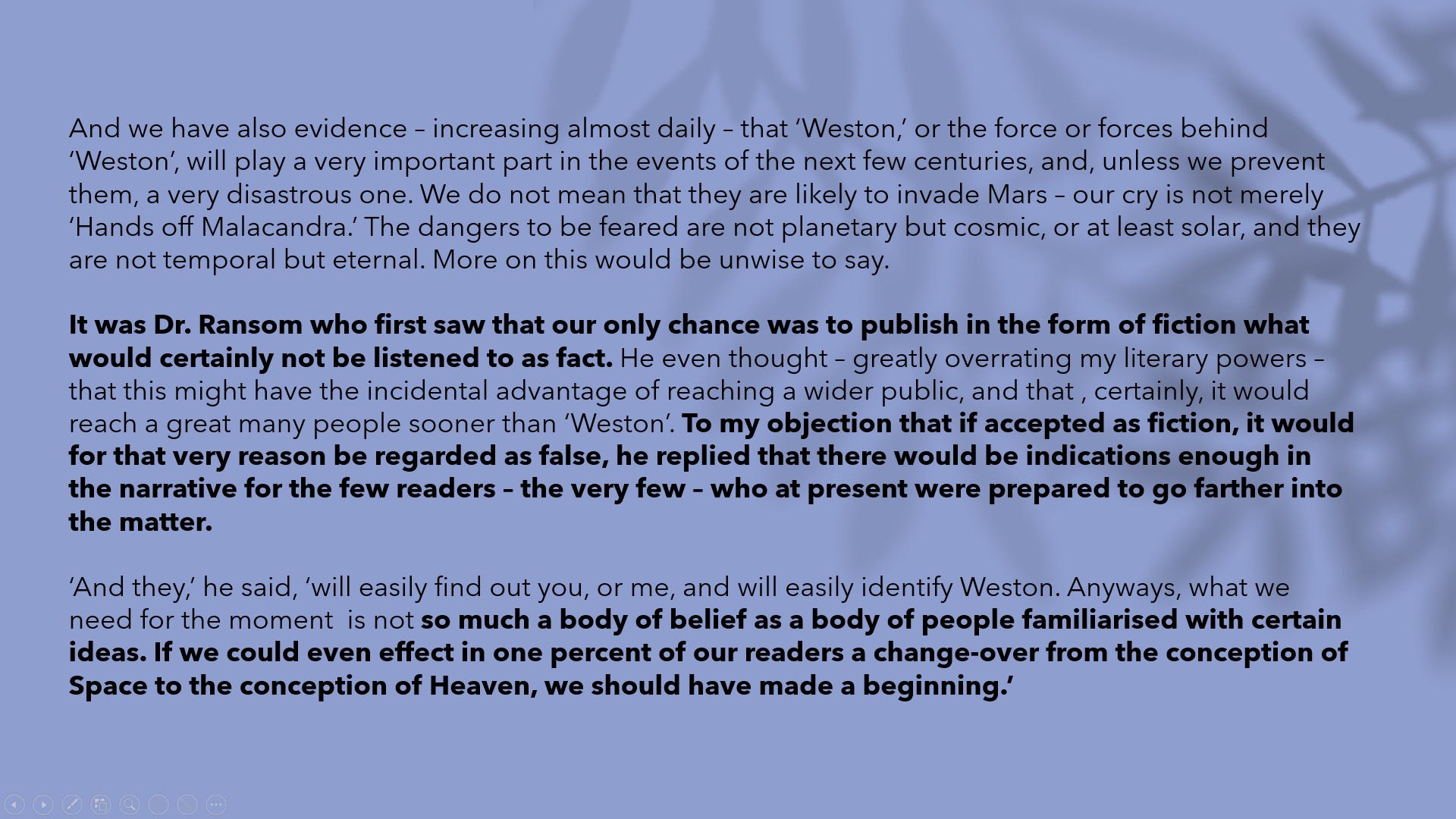
No comments:
Post a Comment